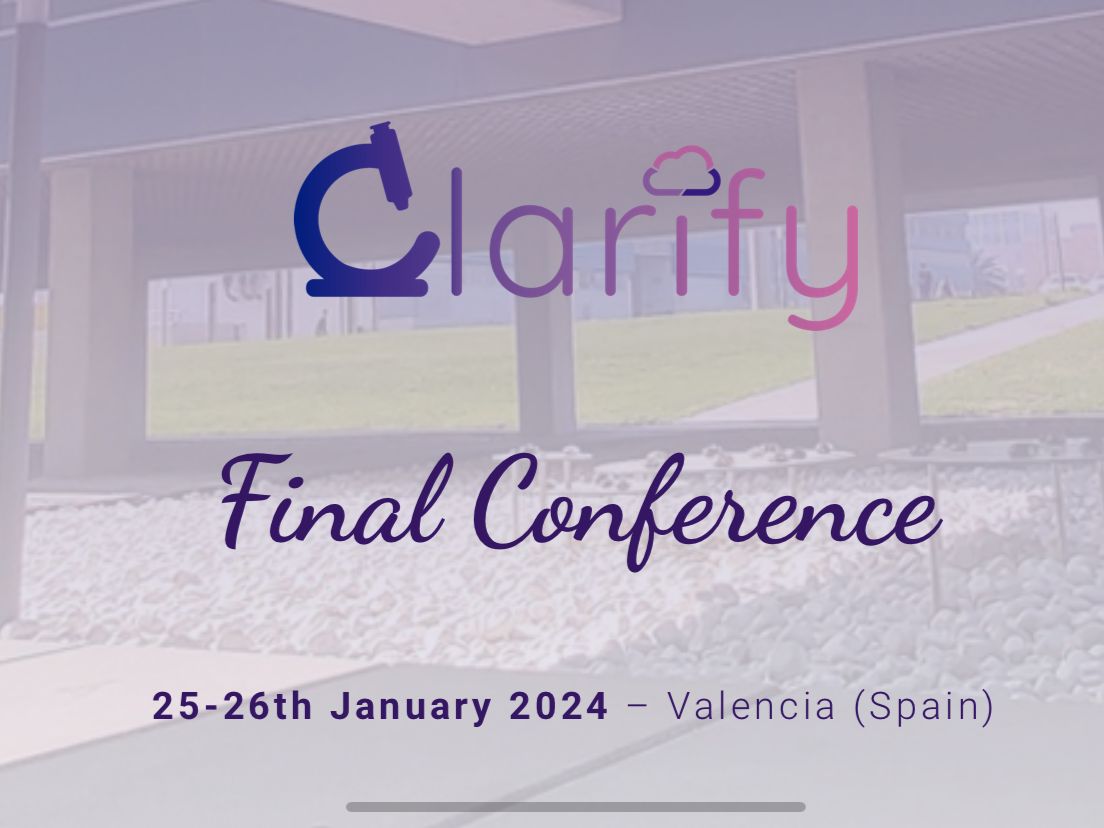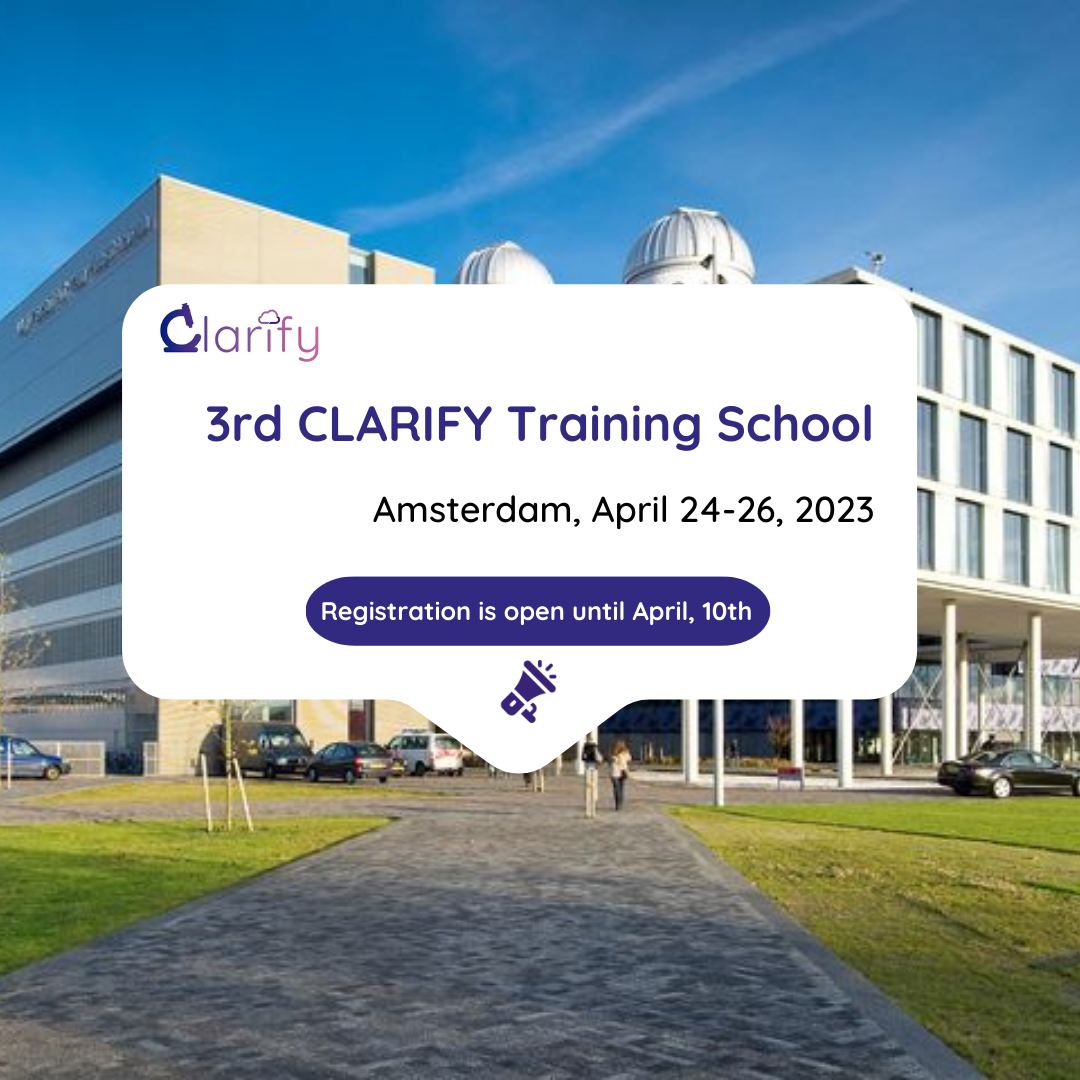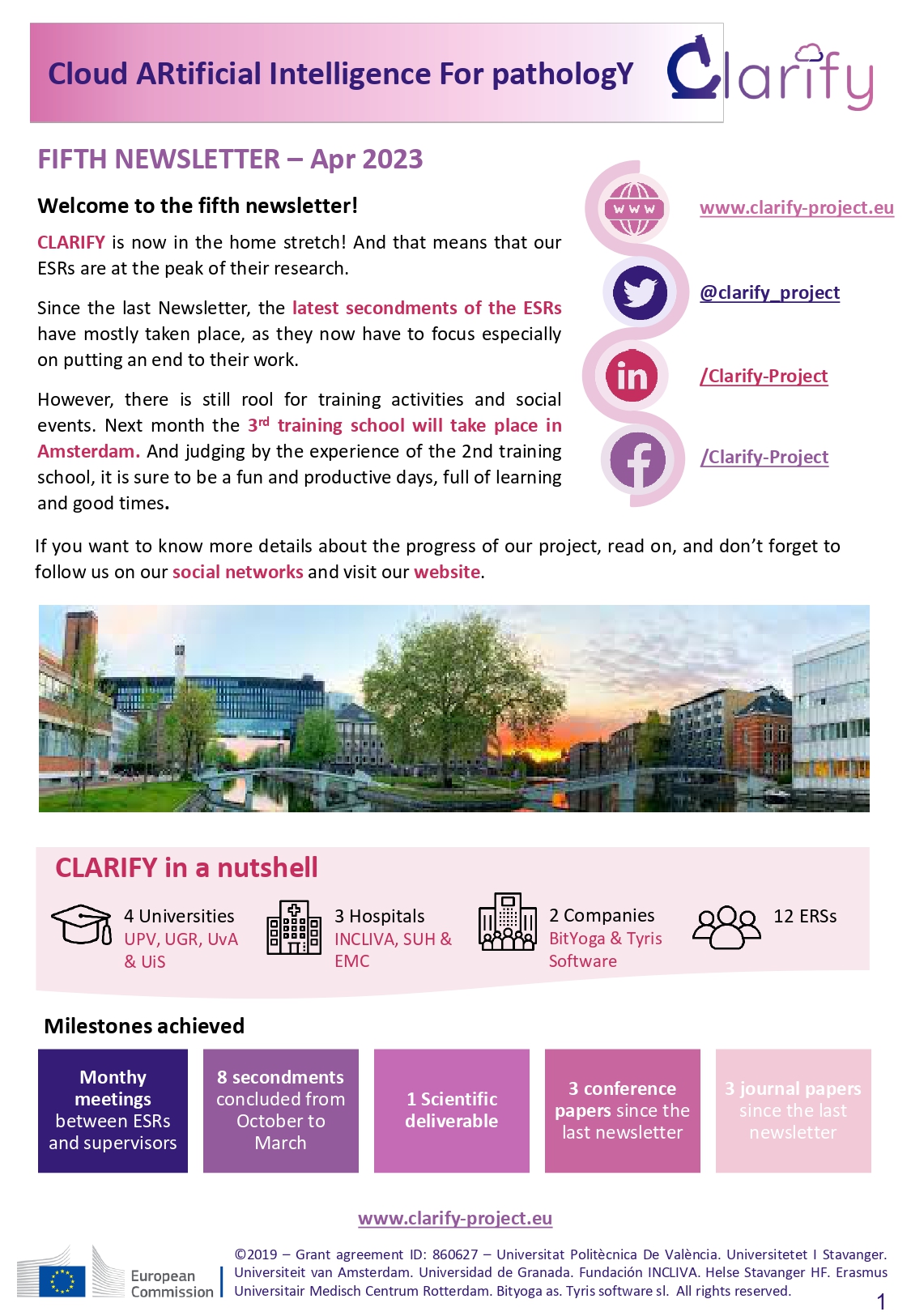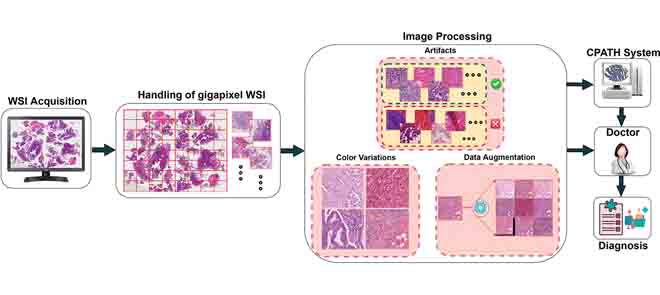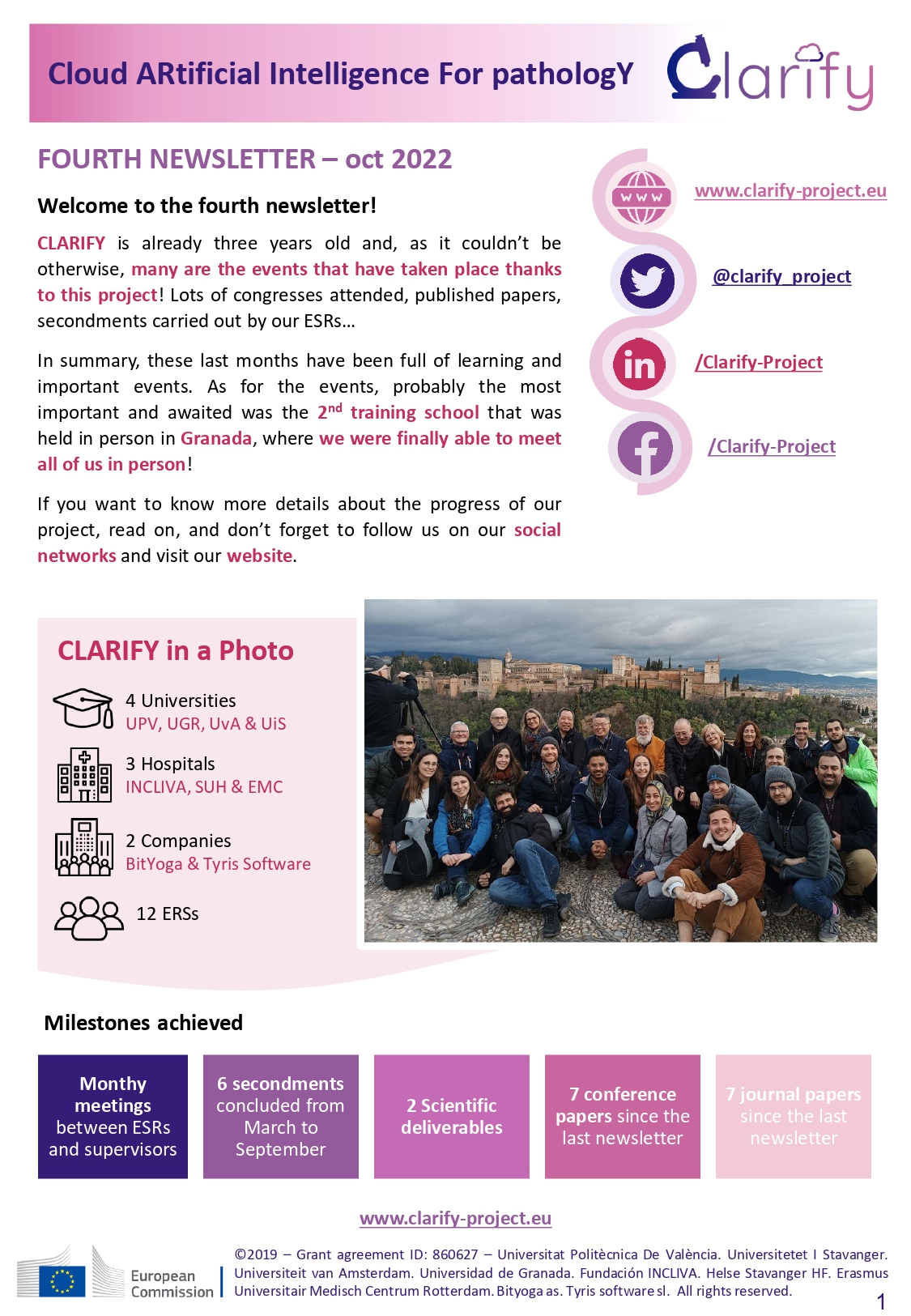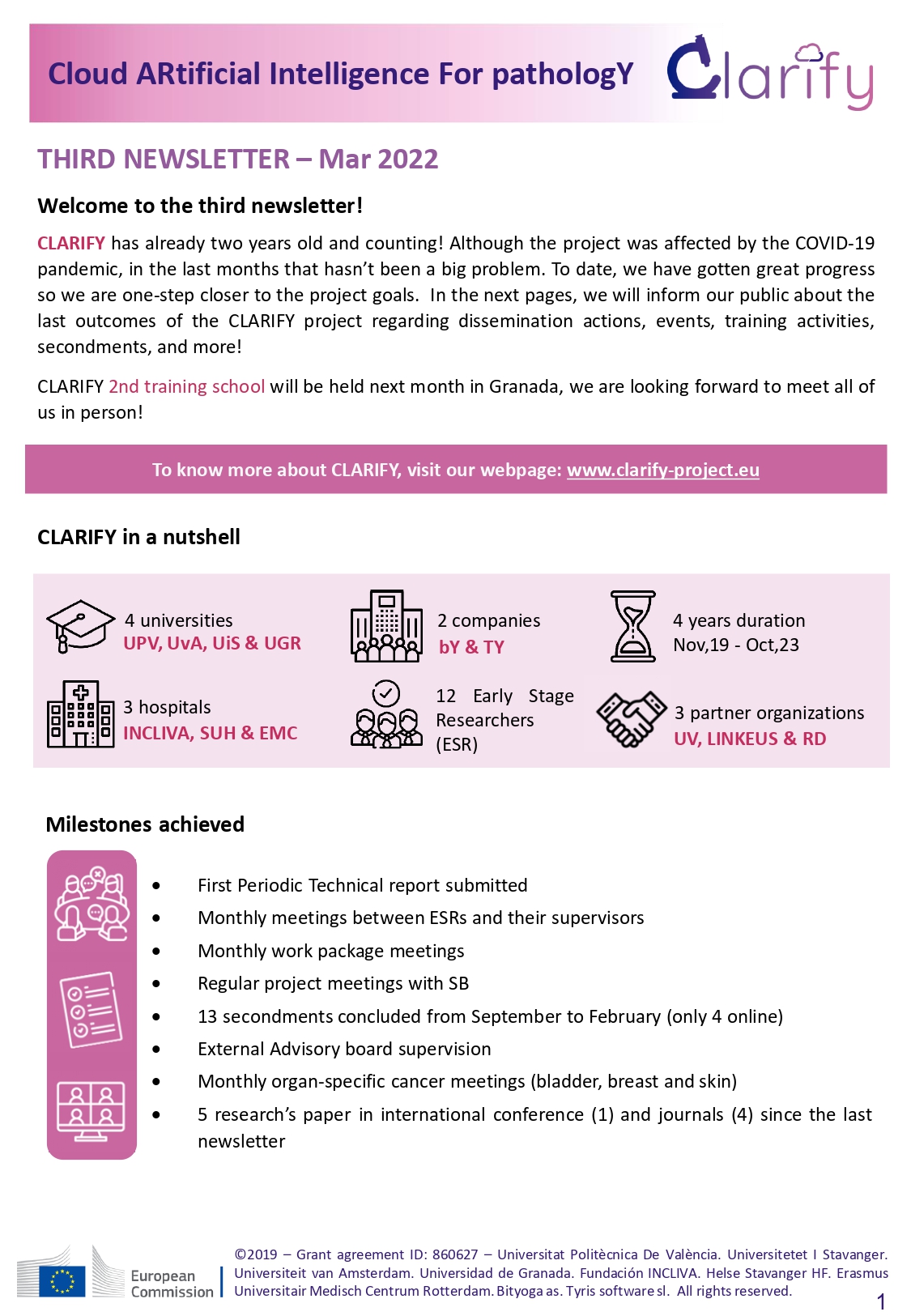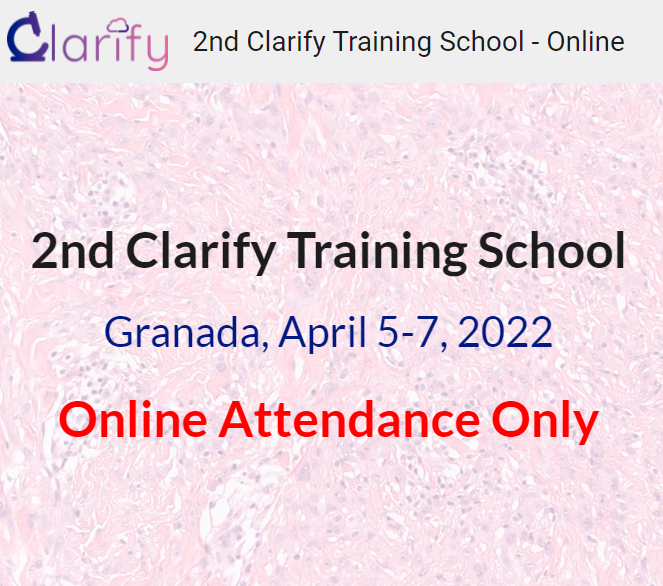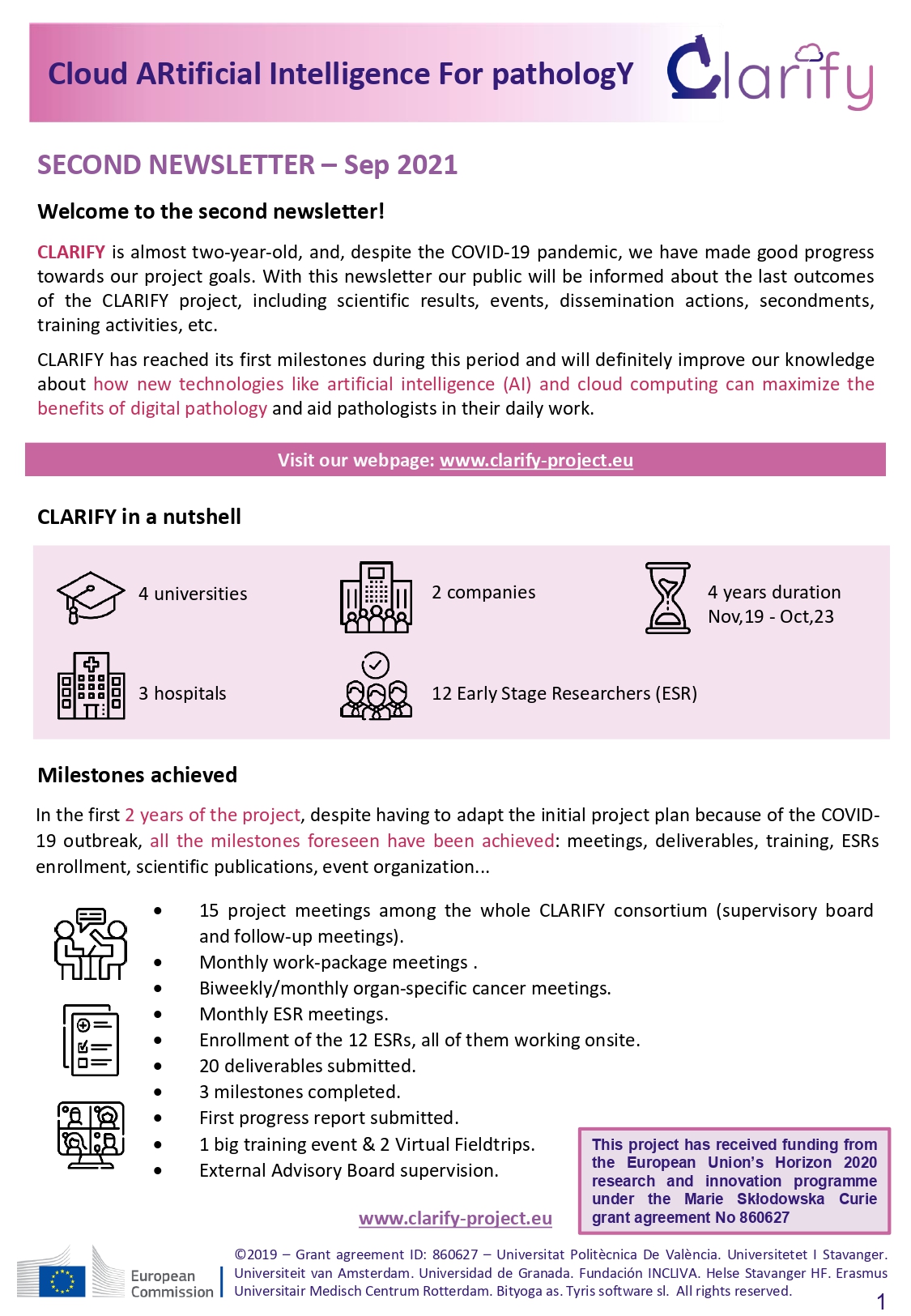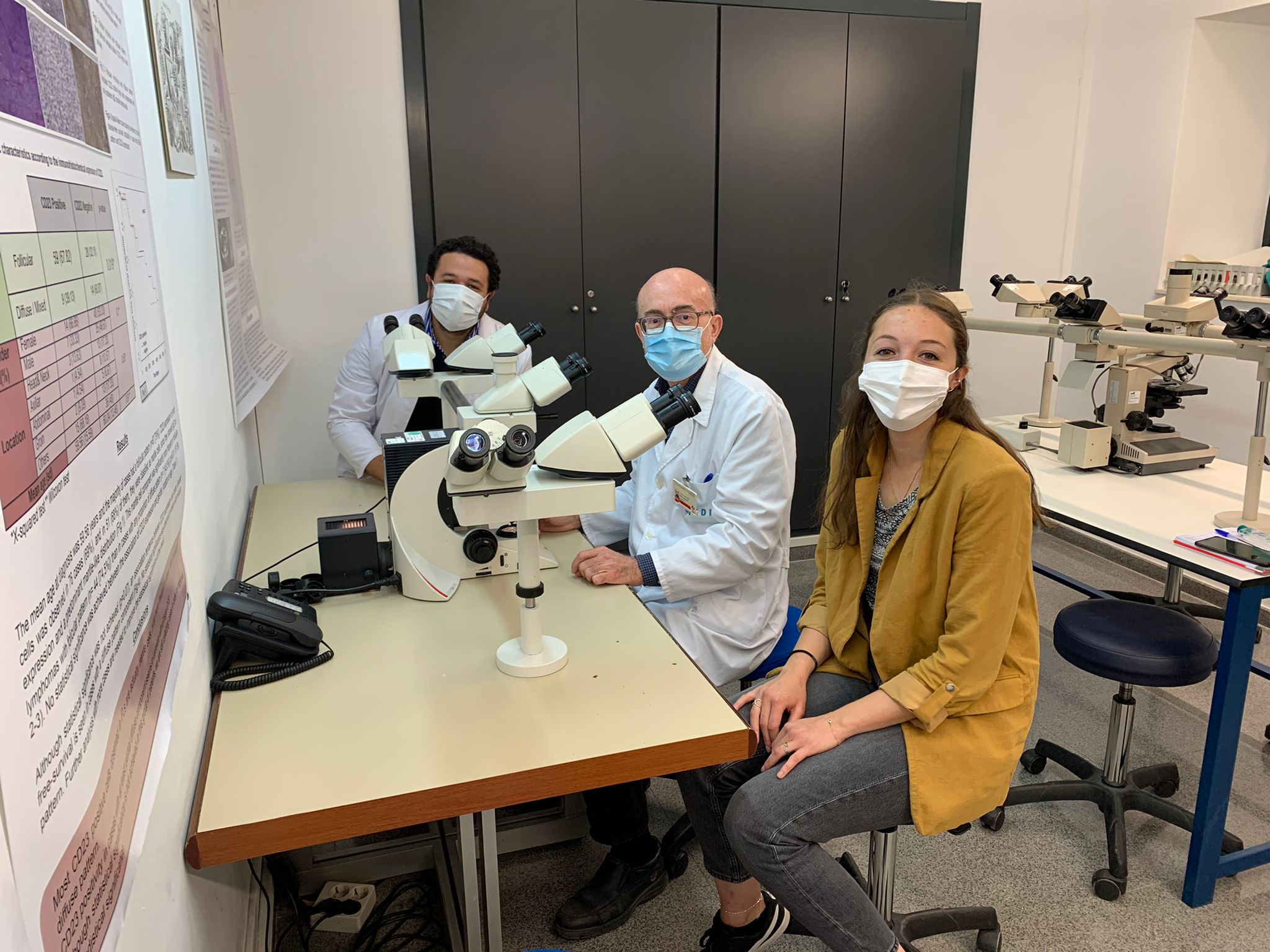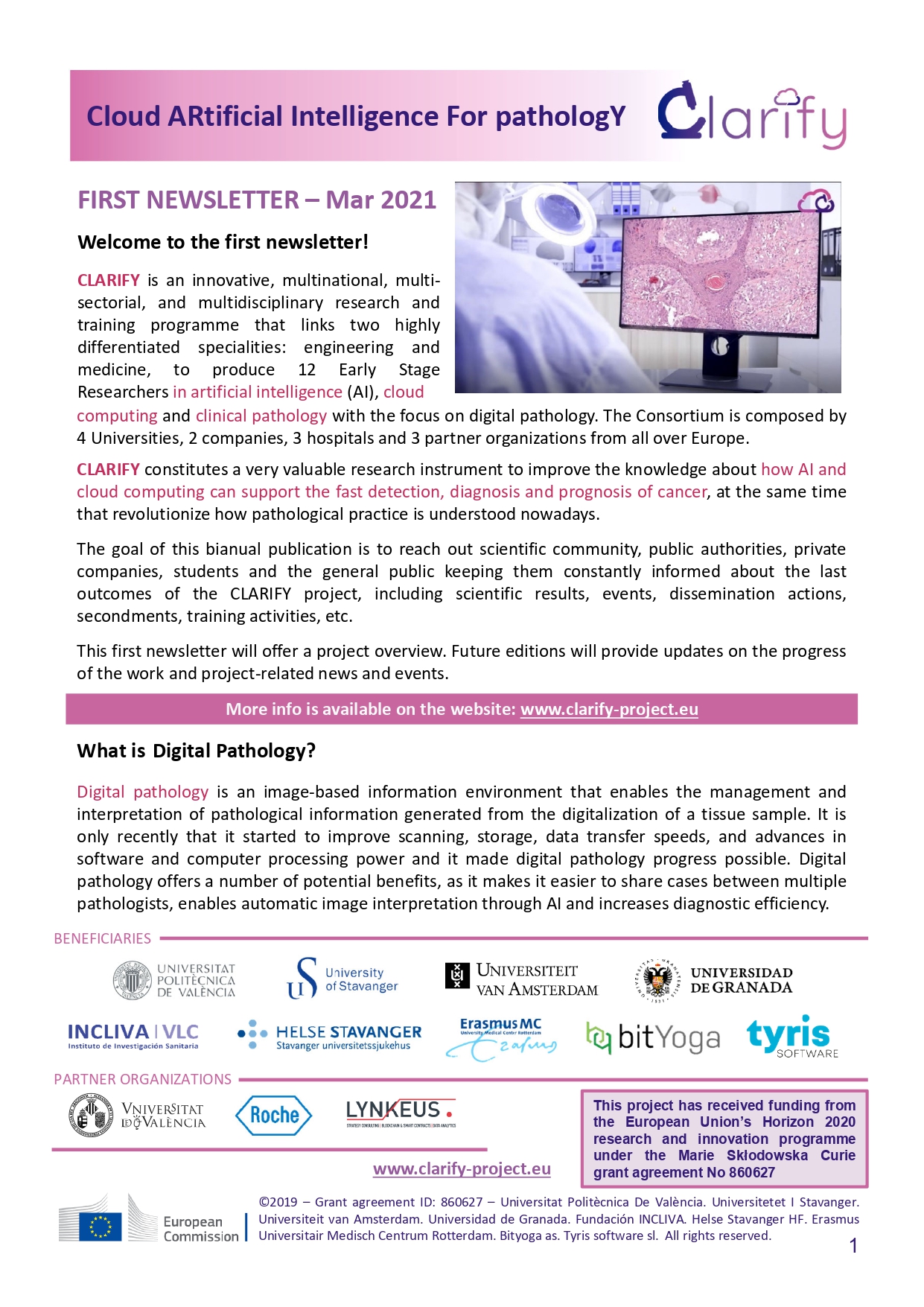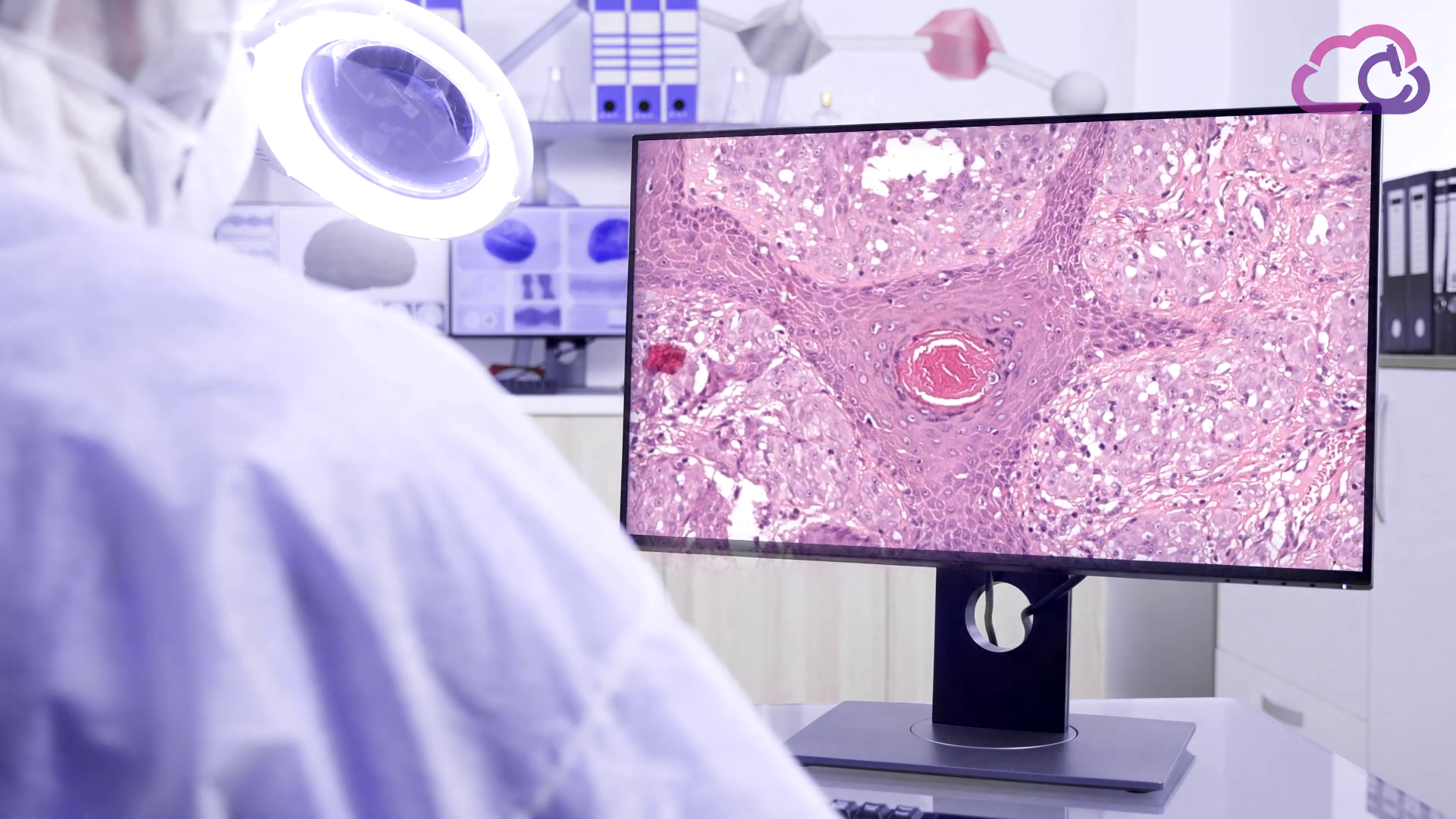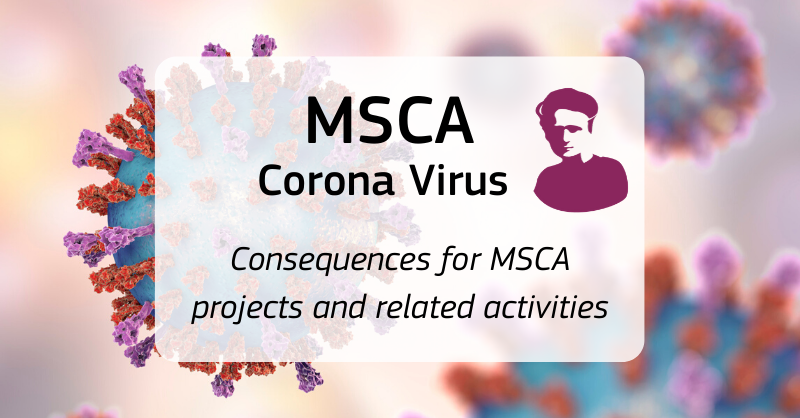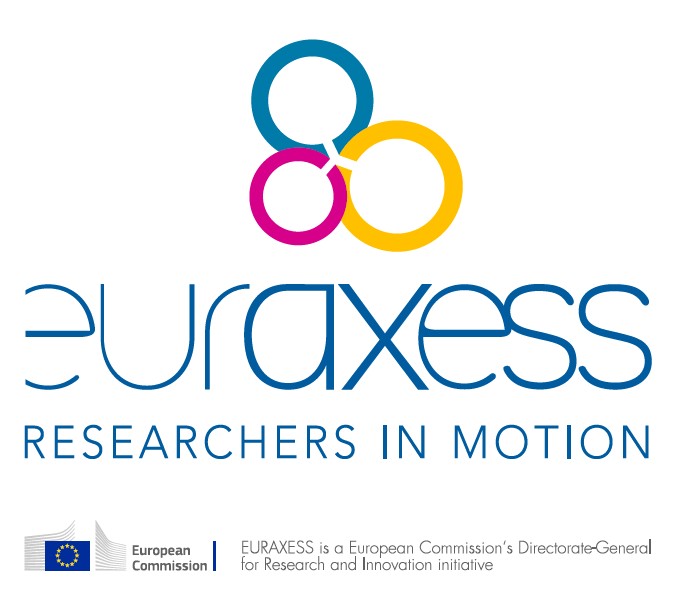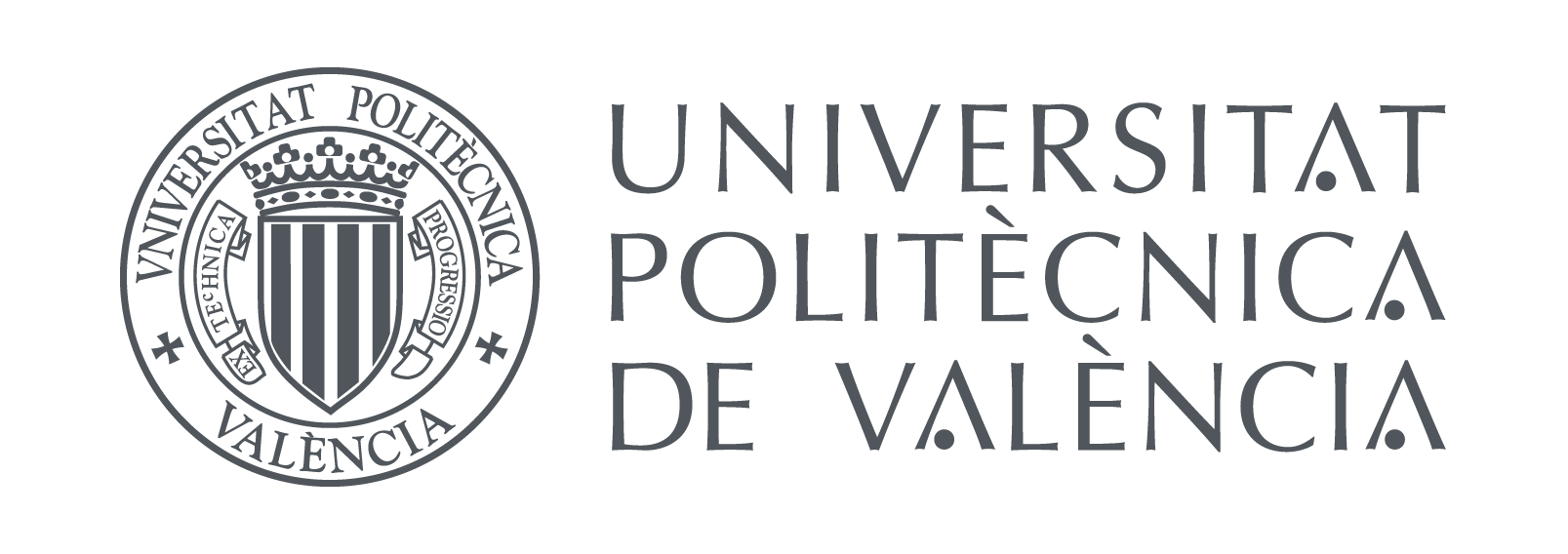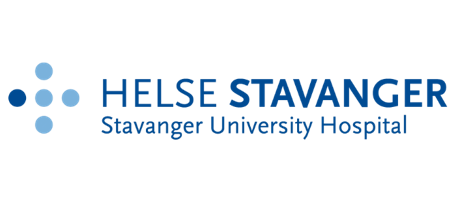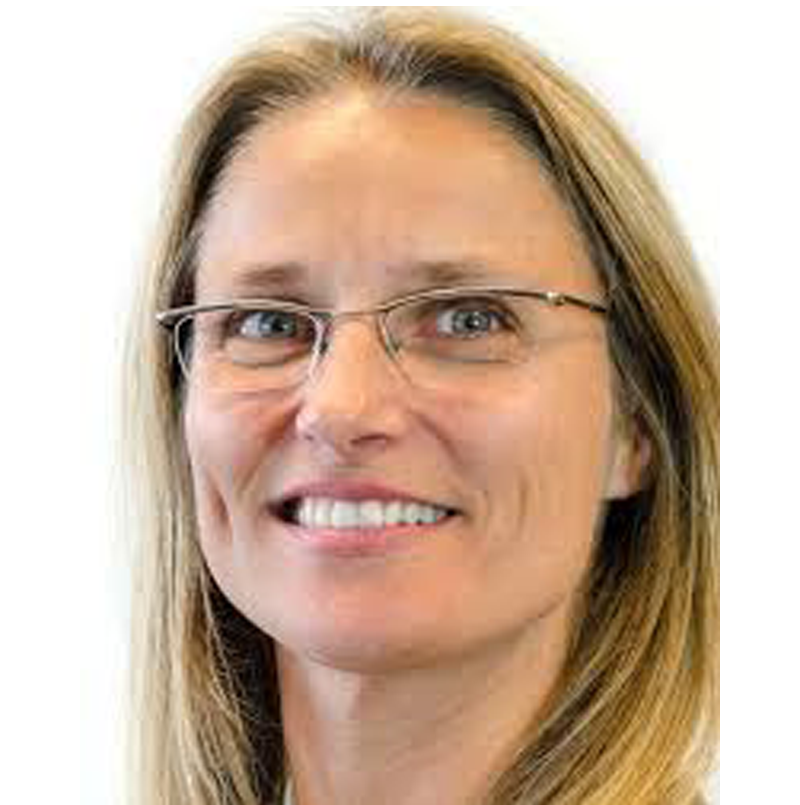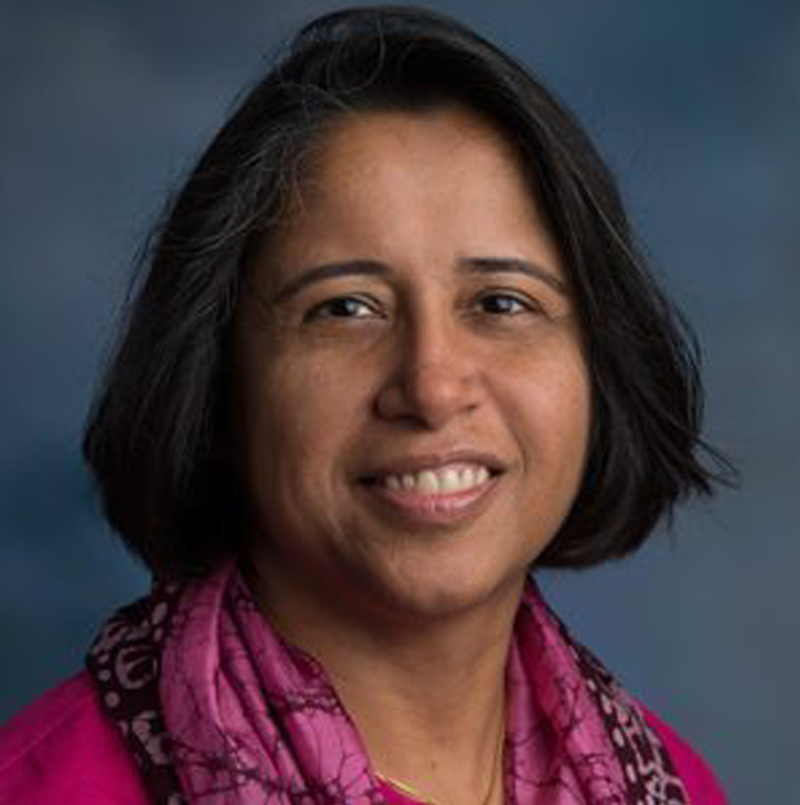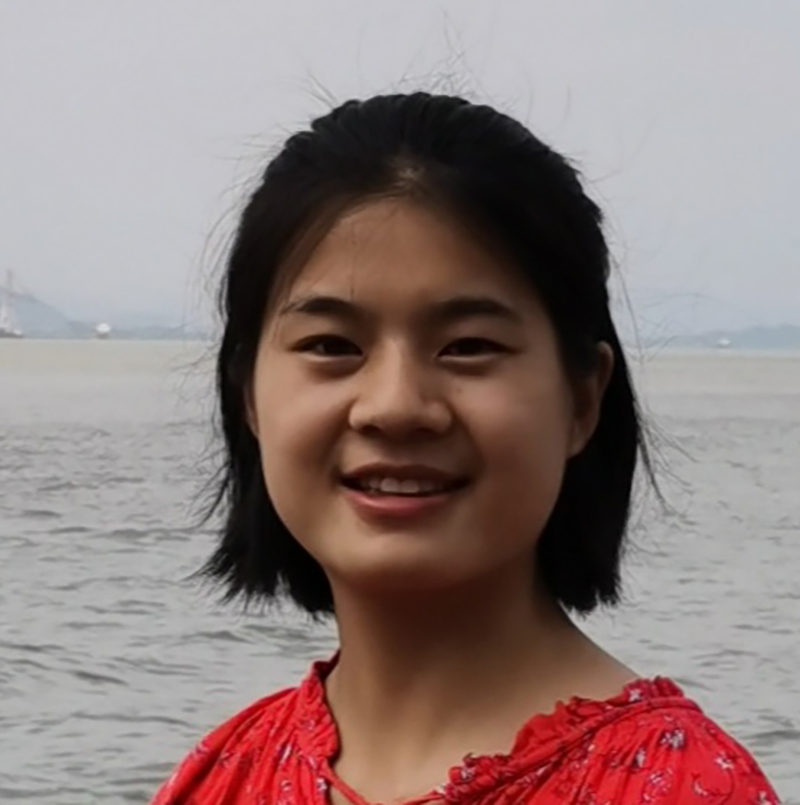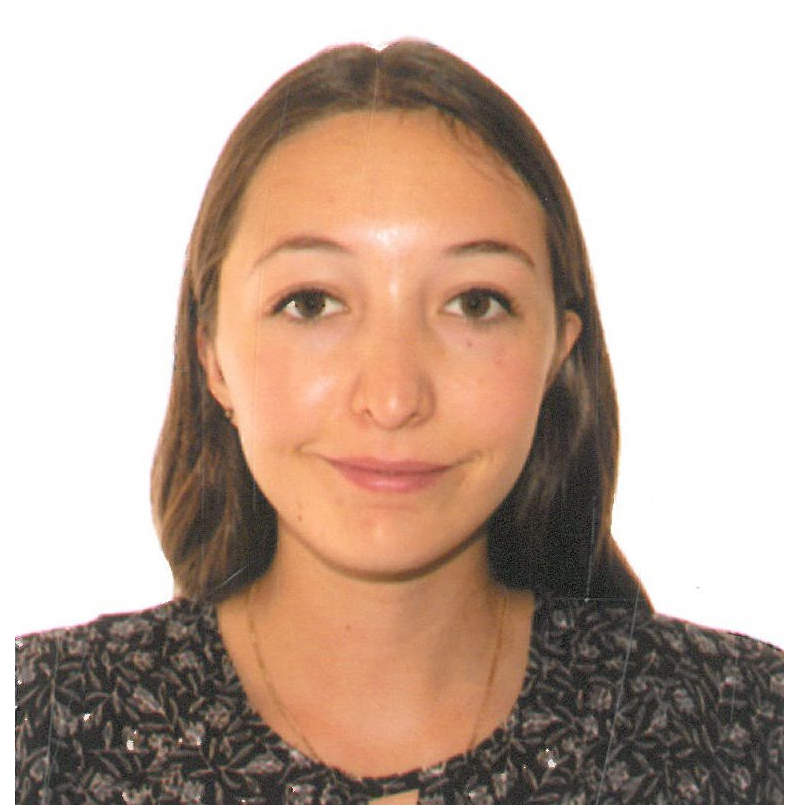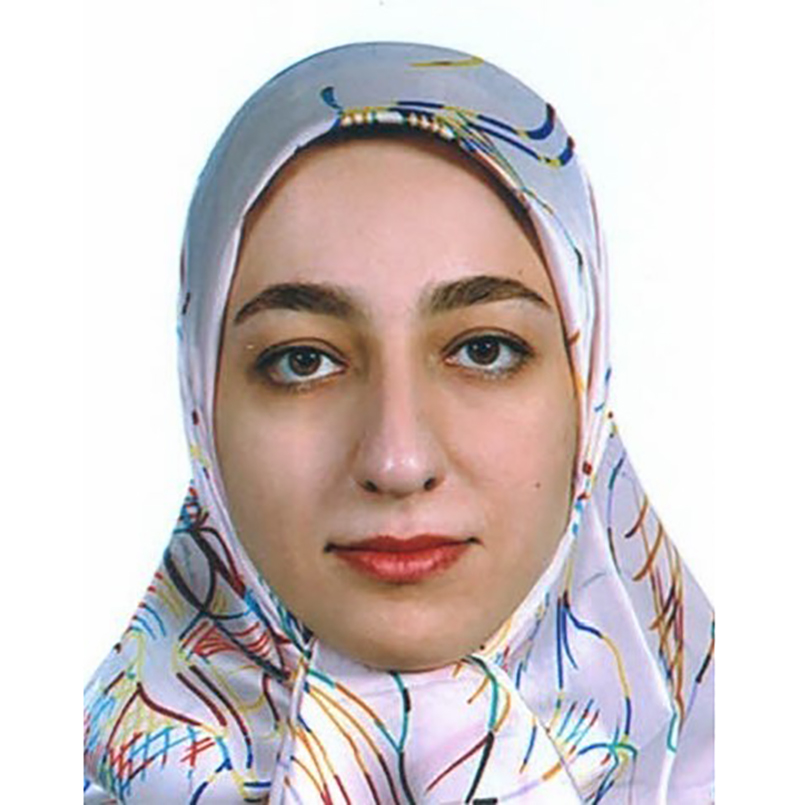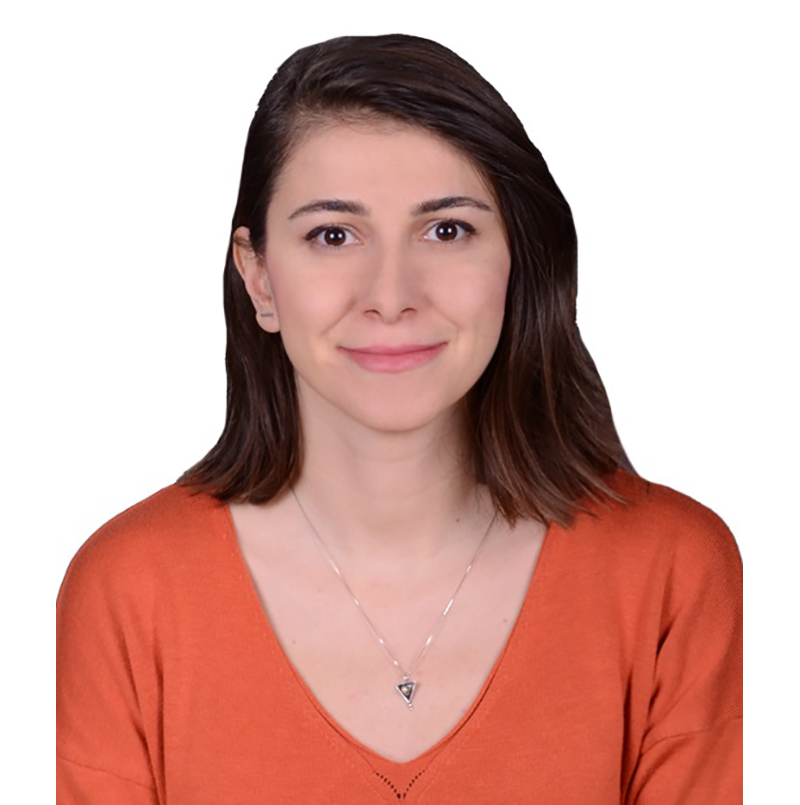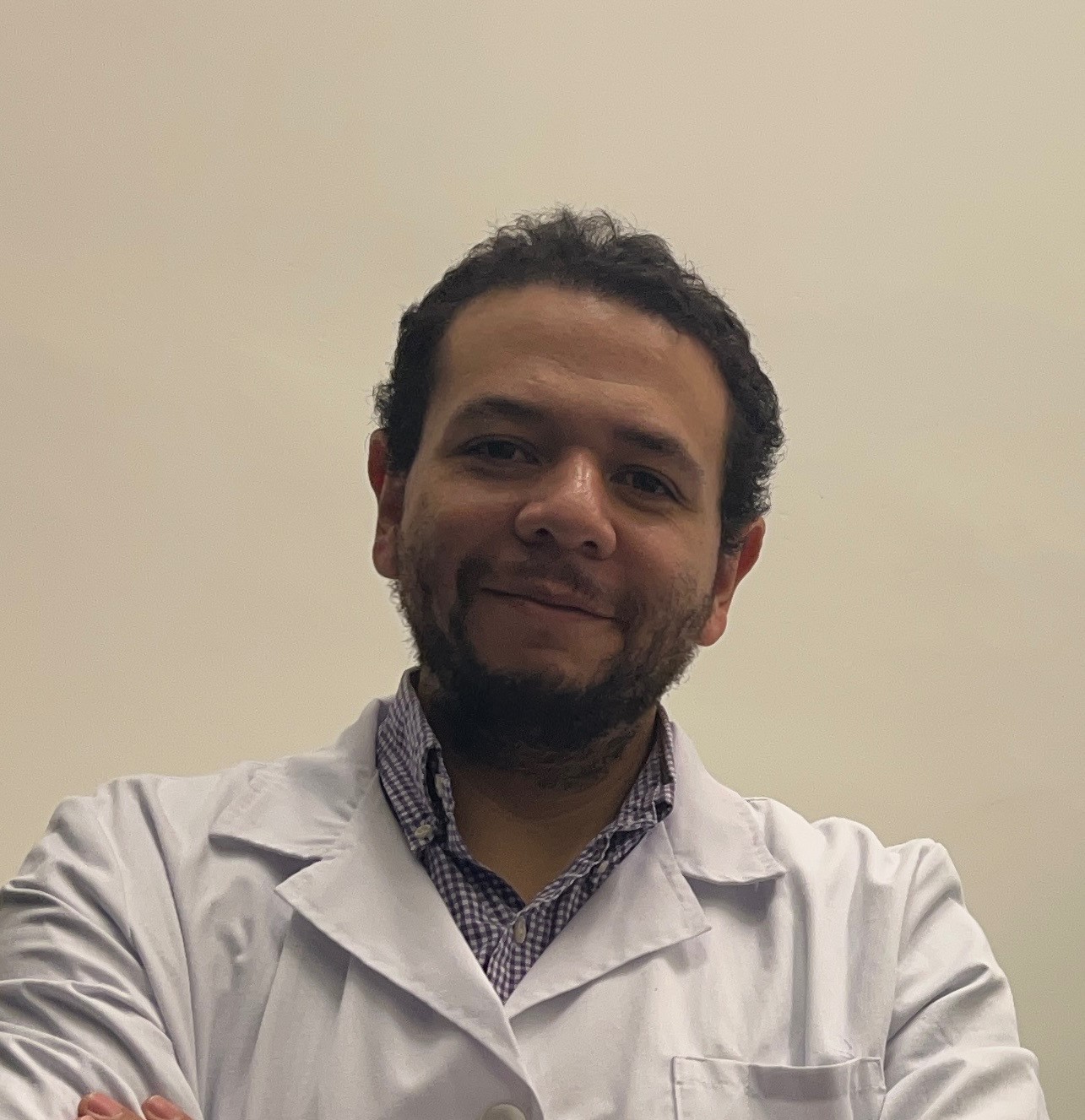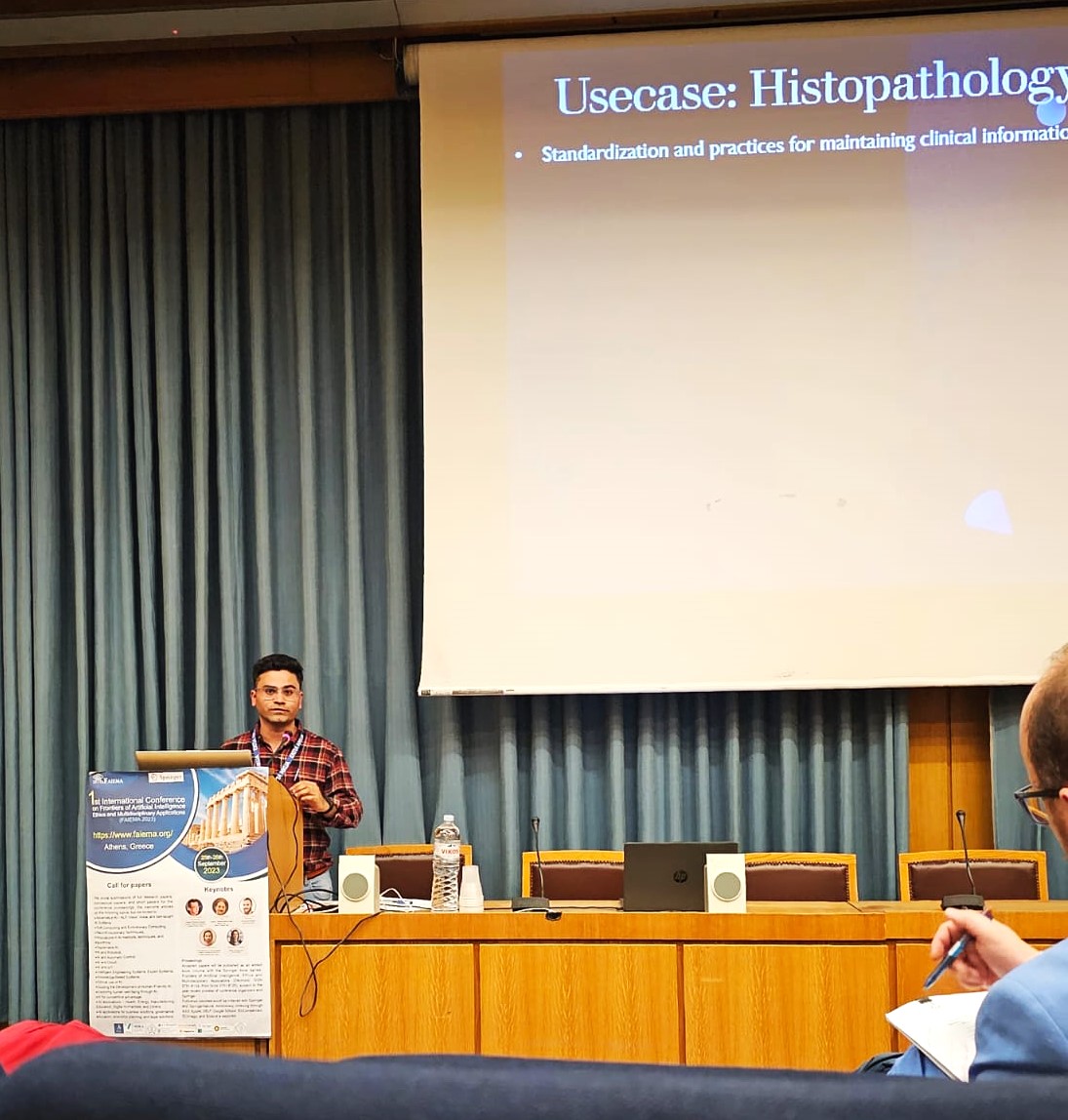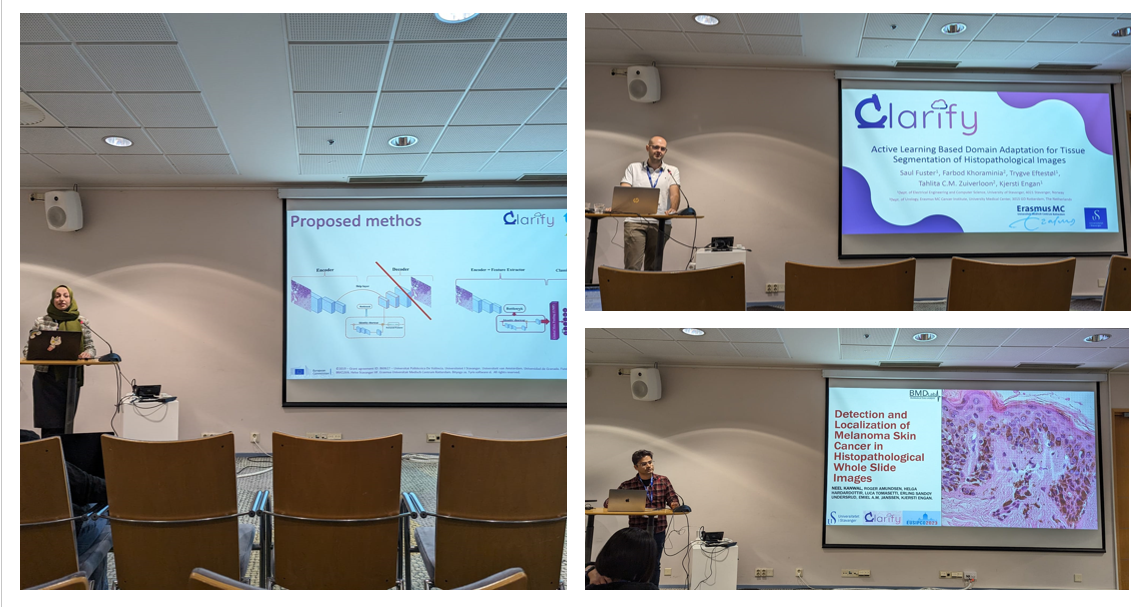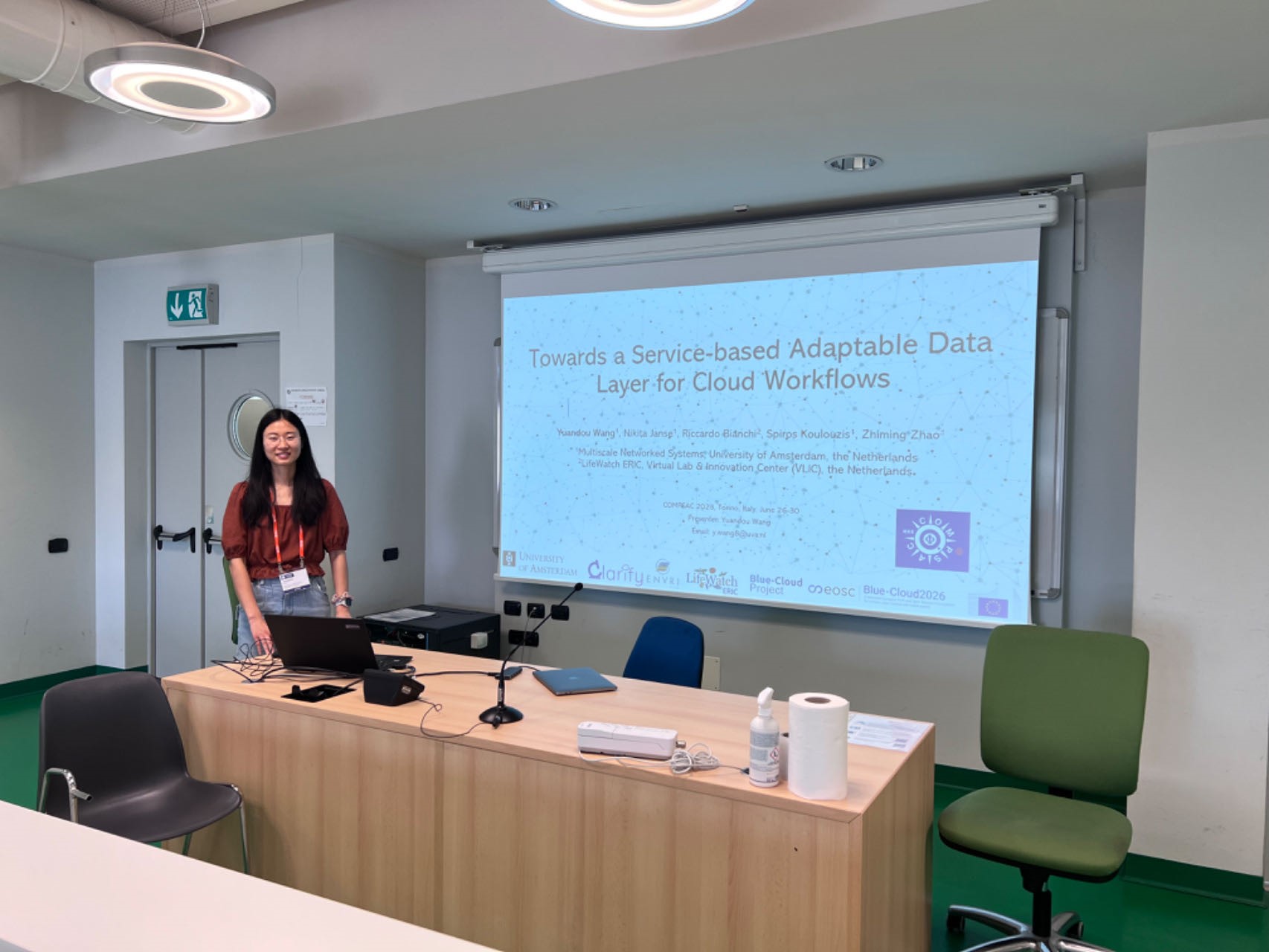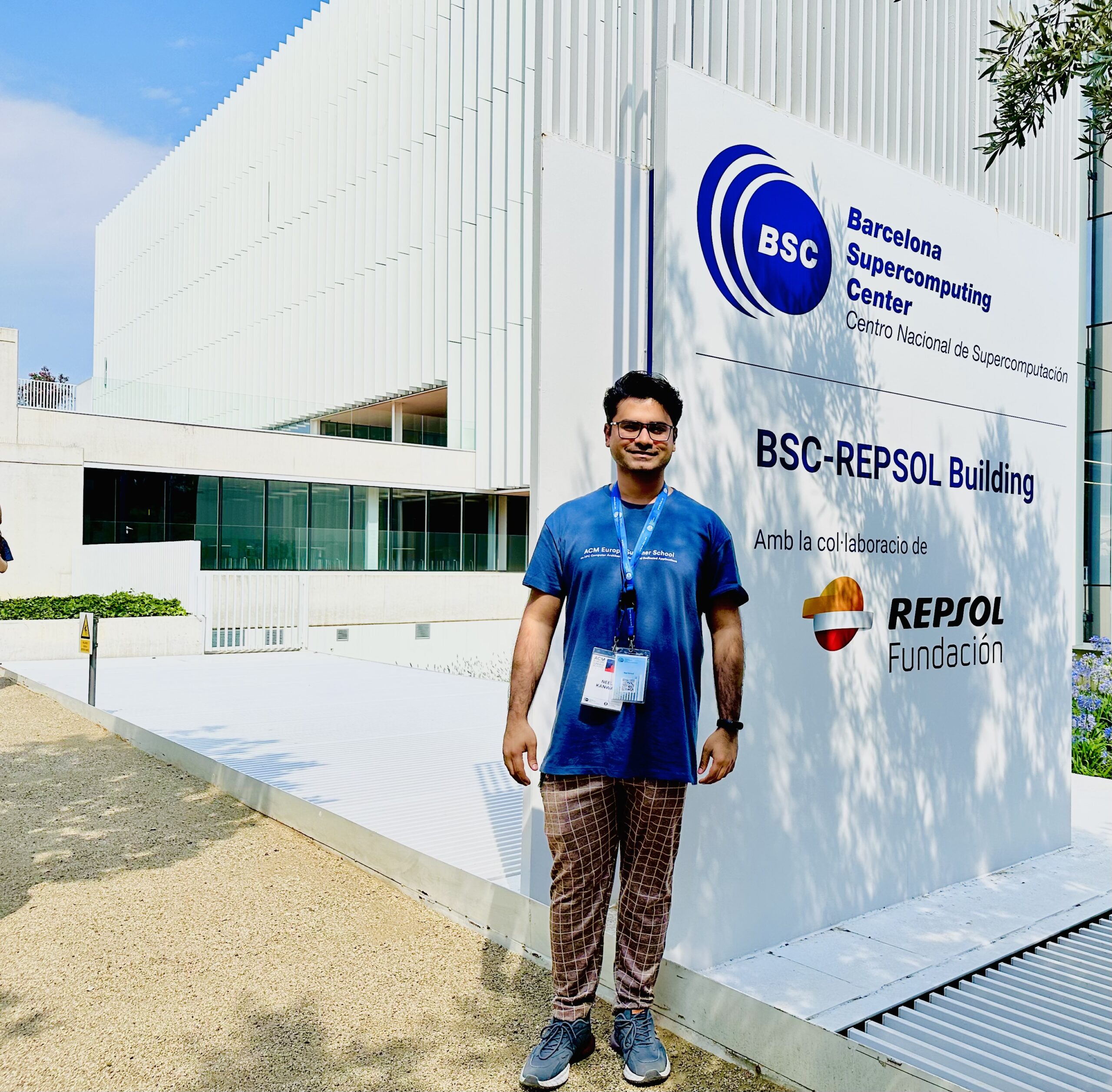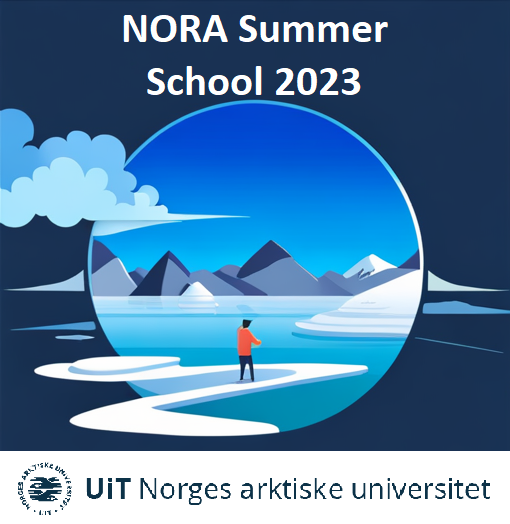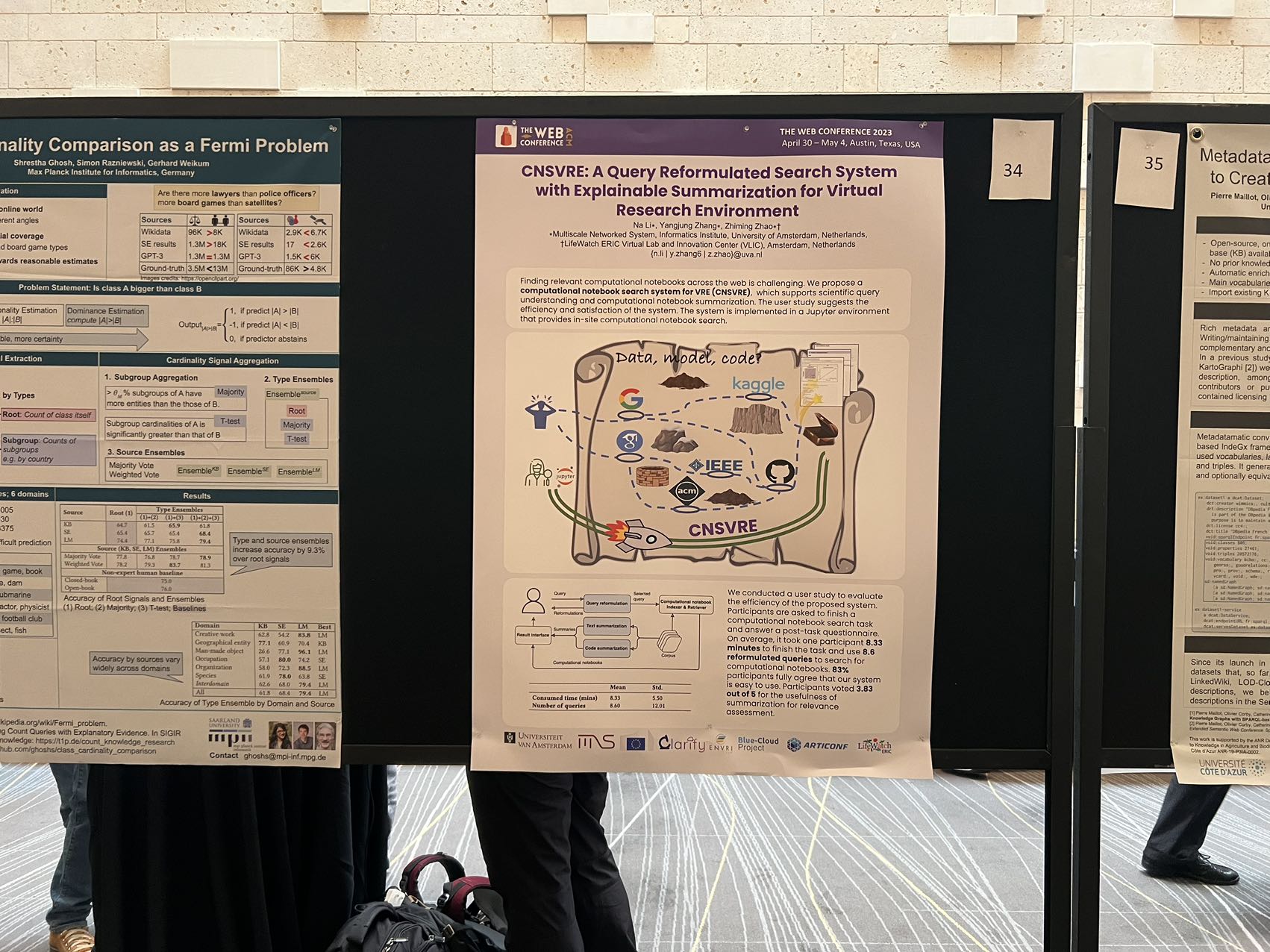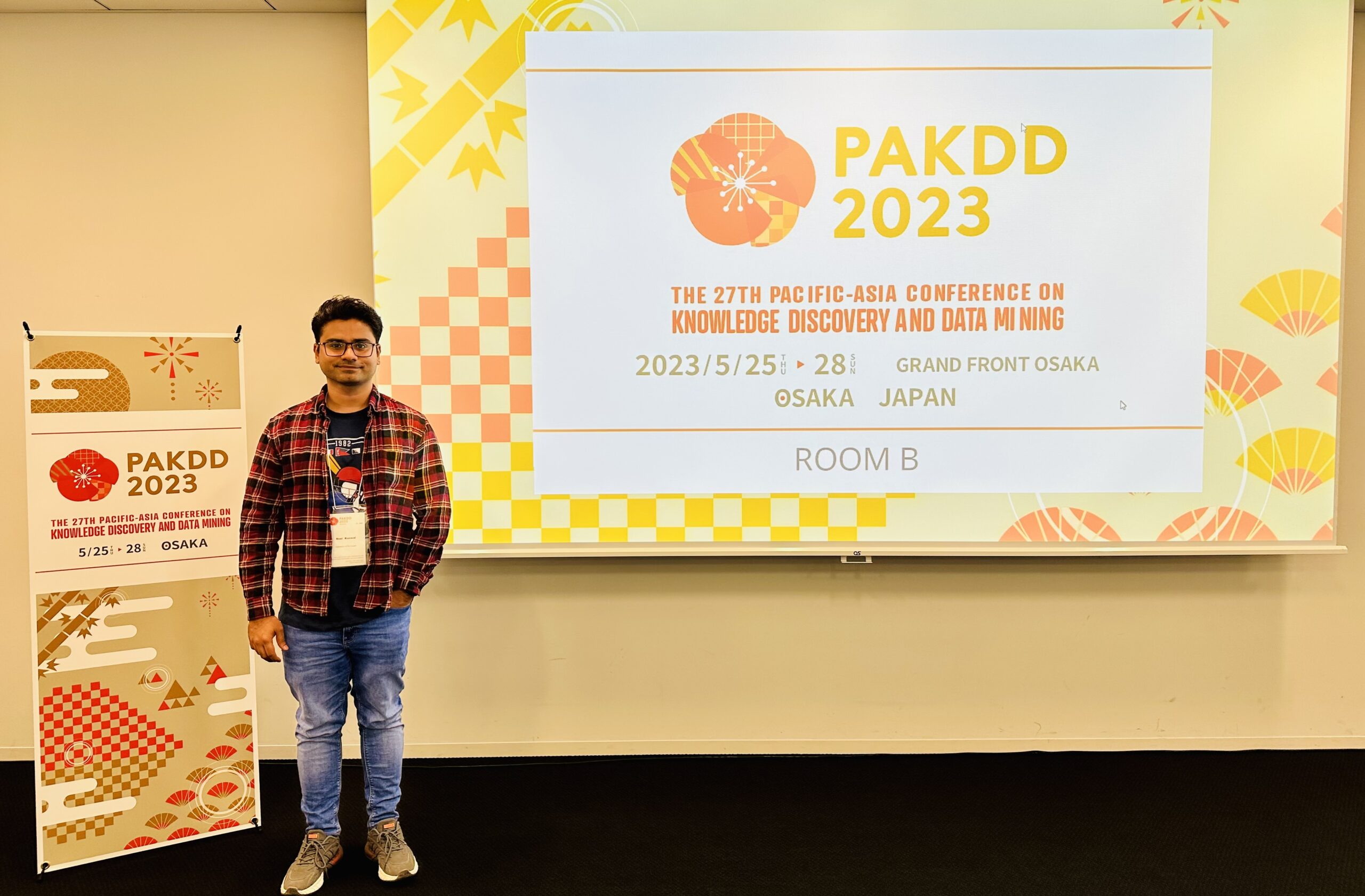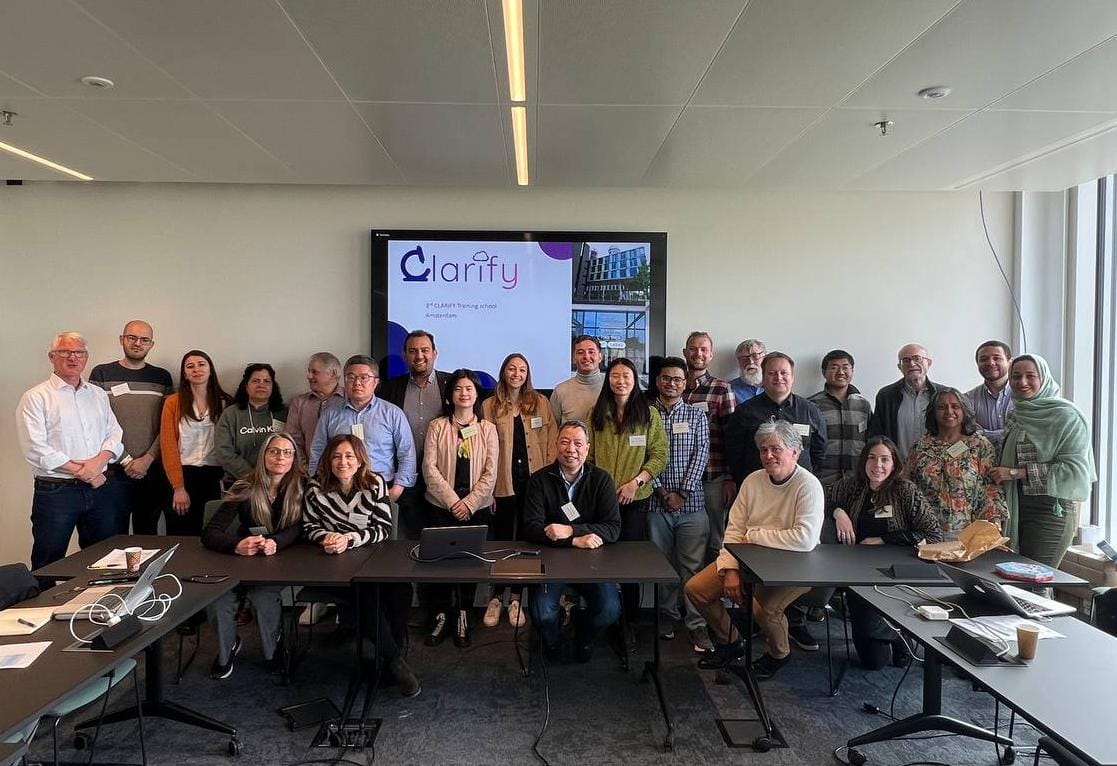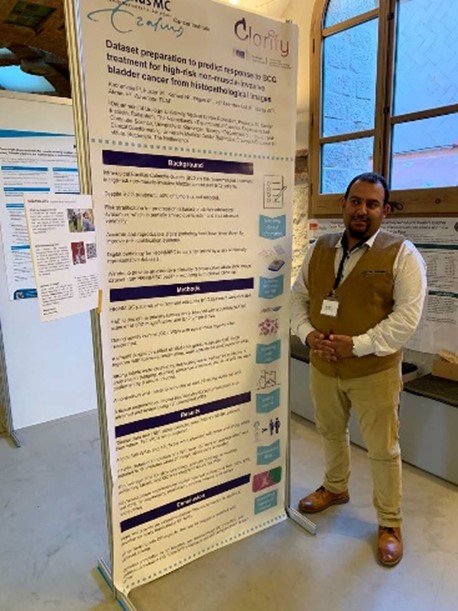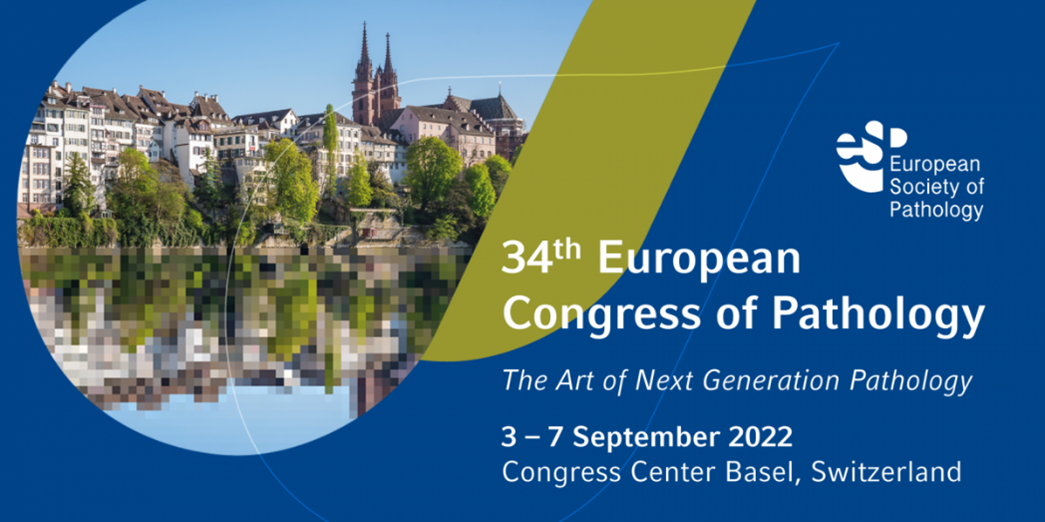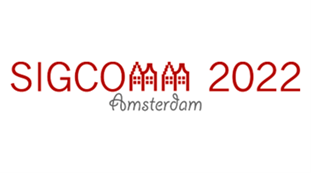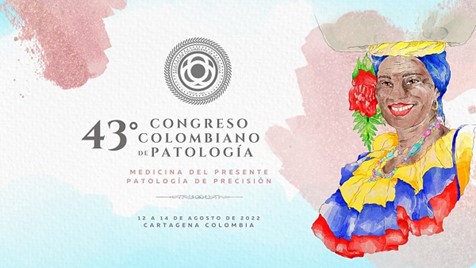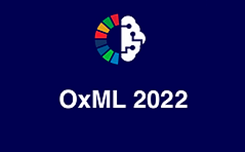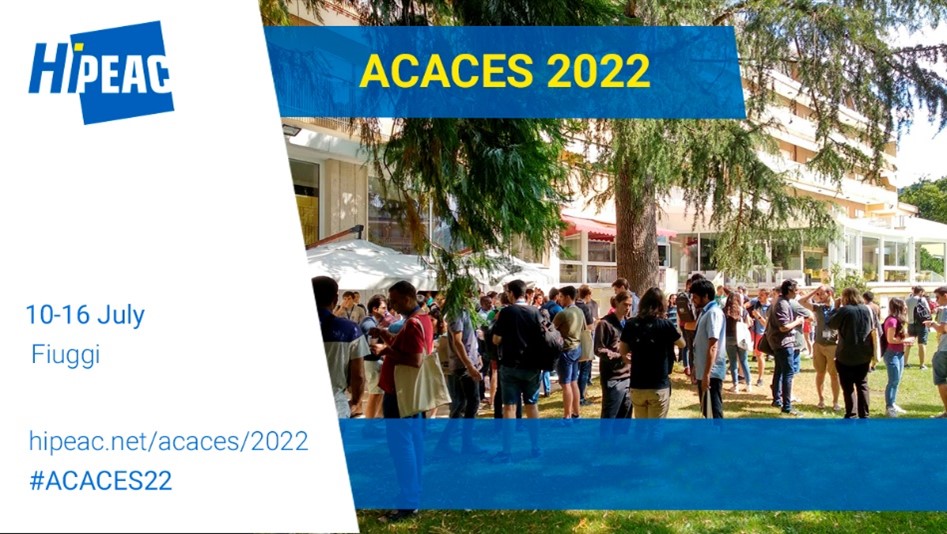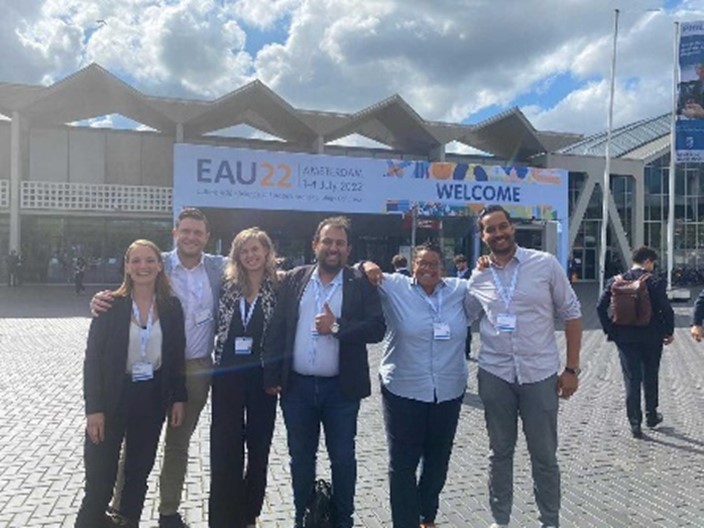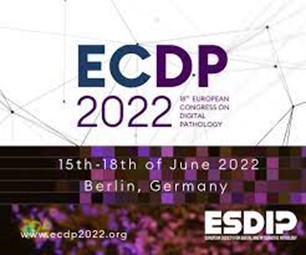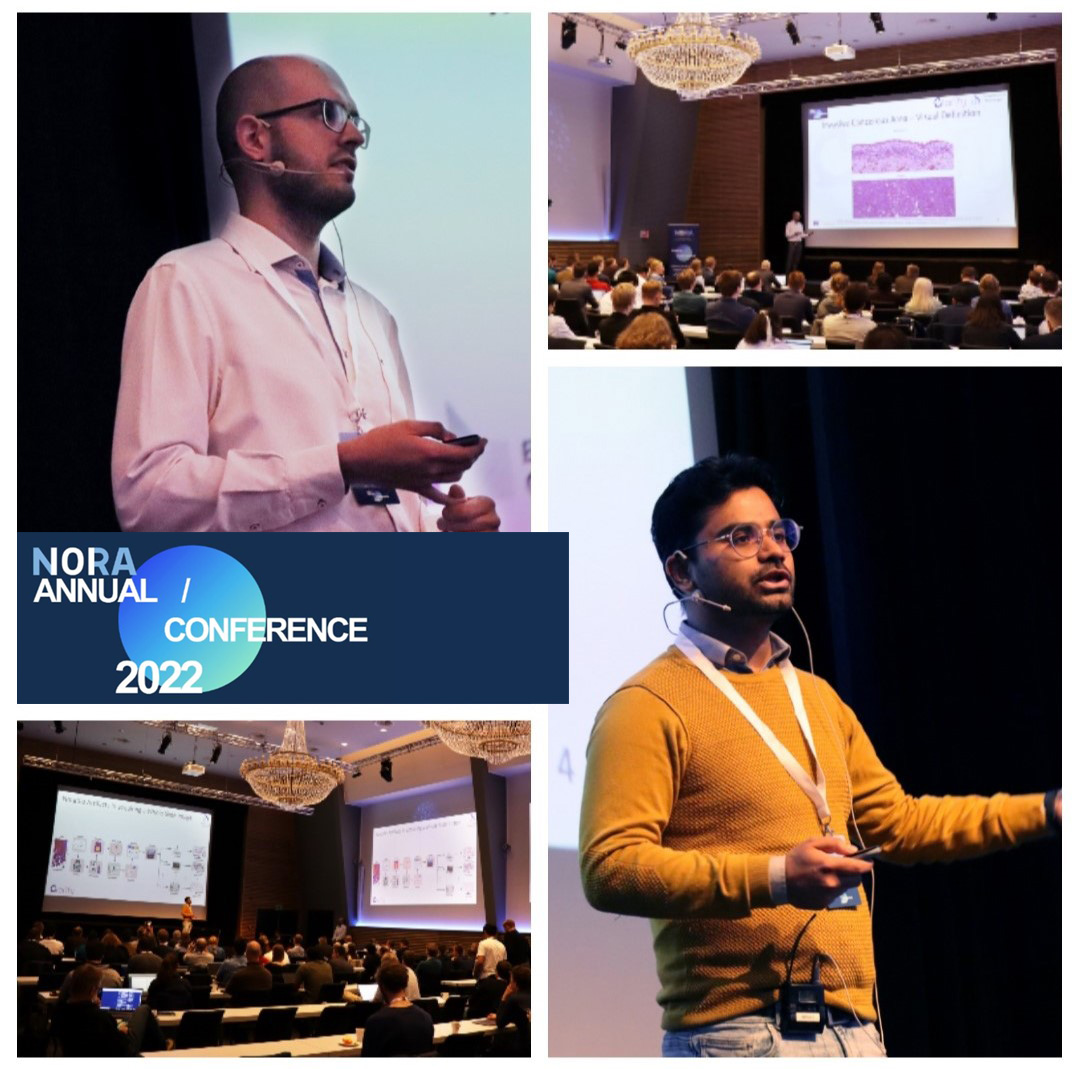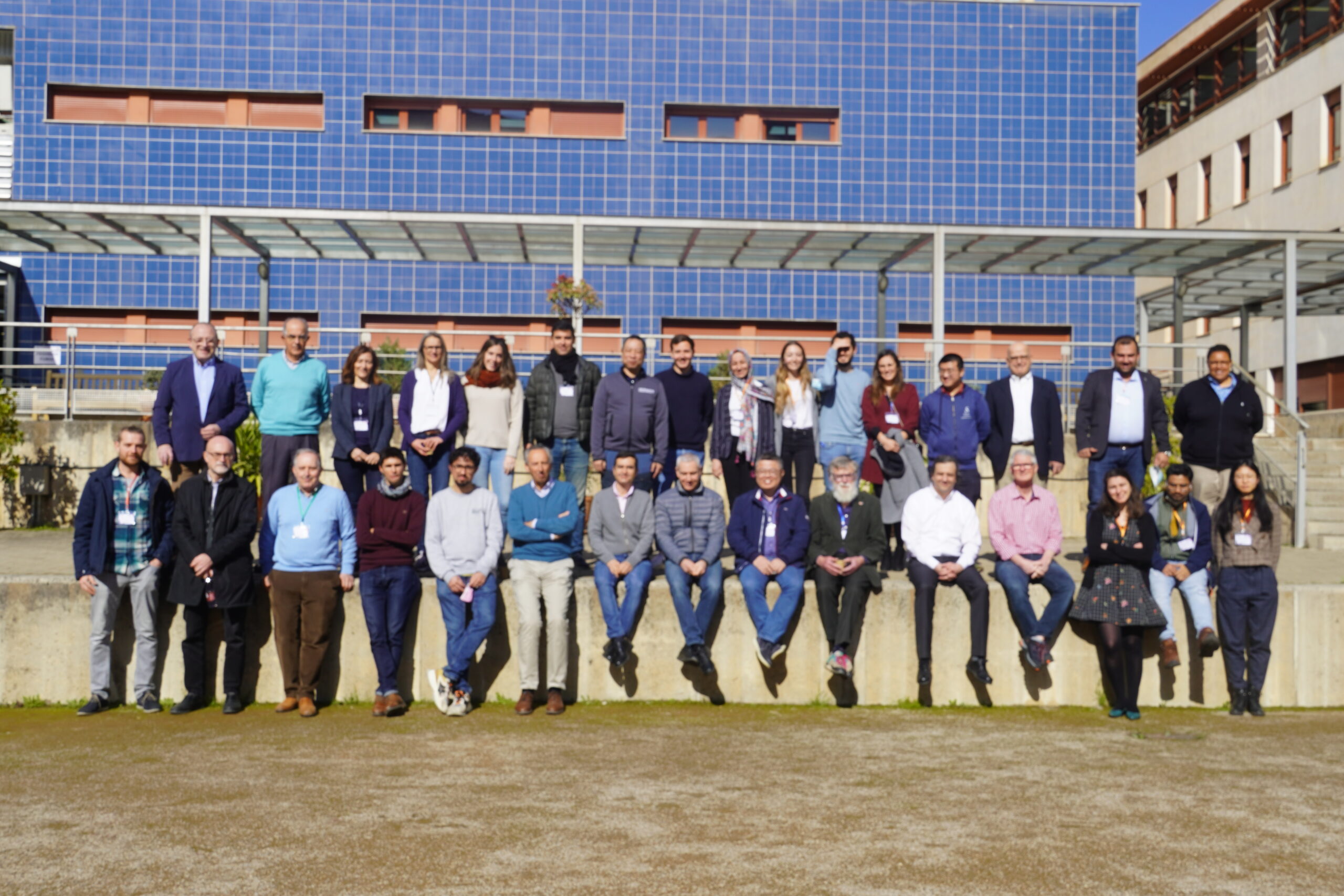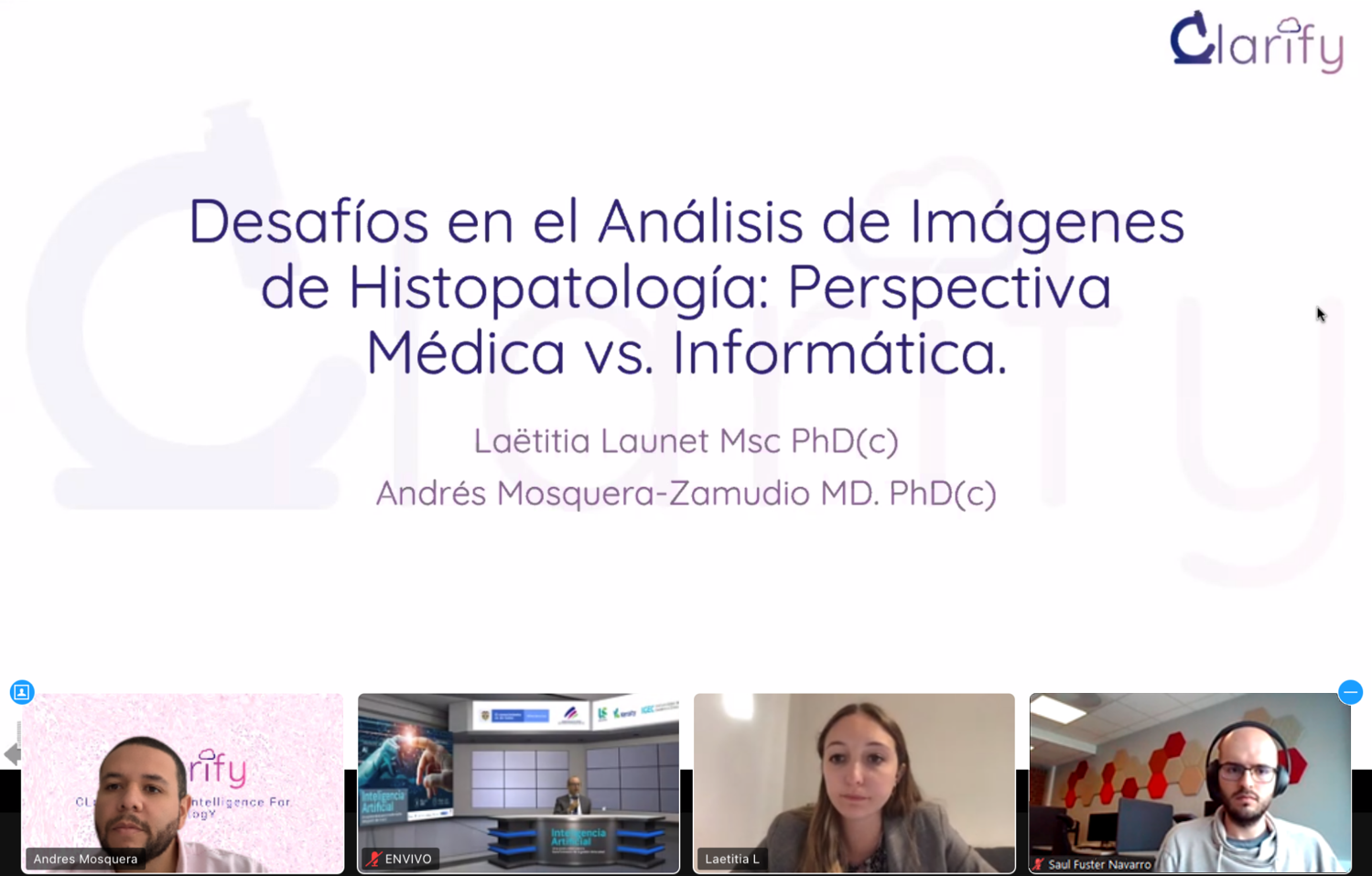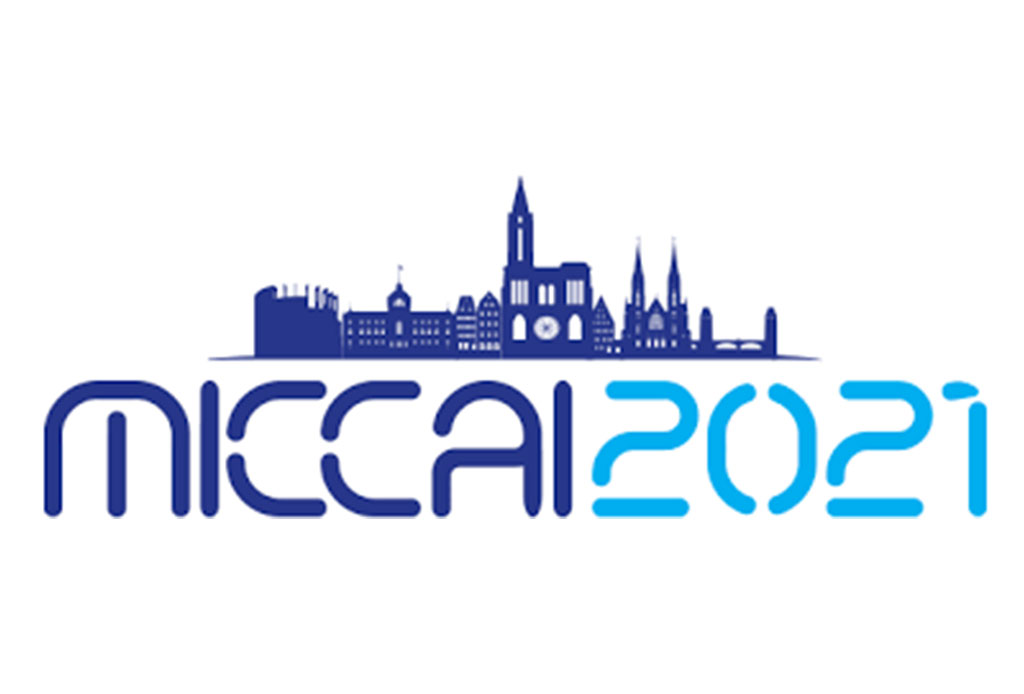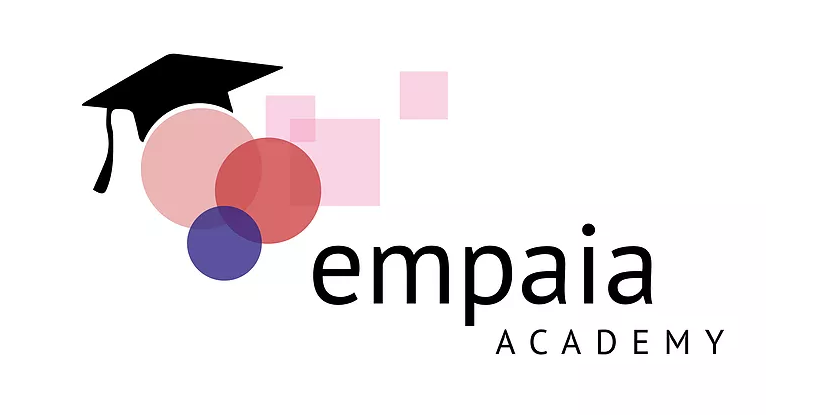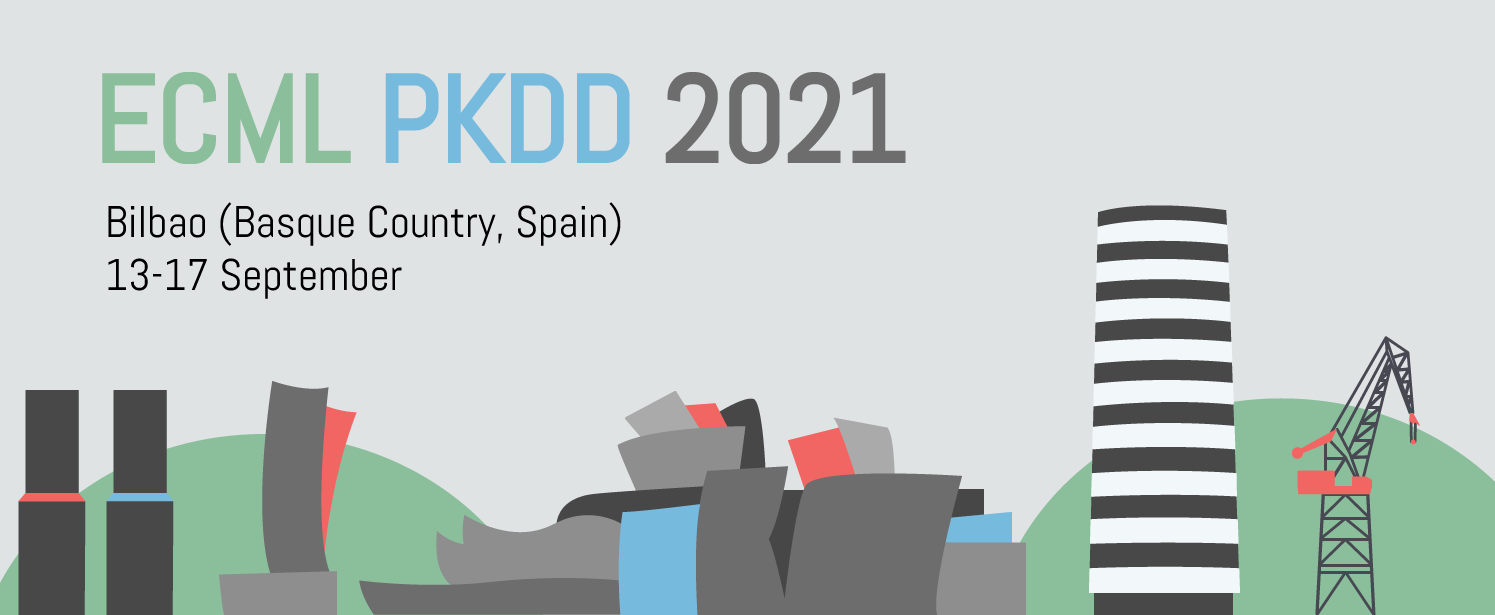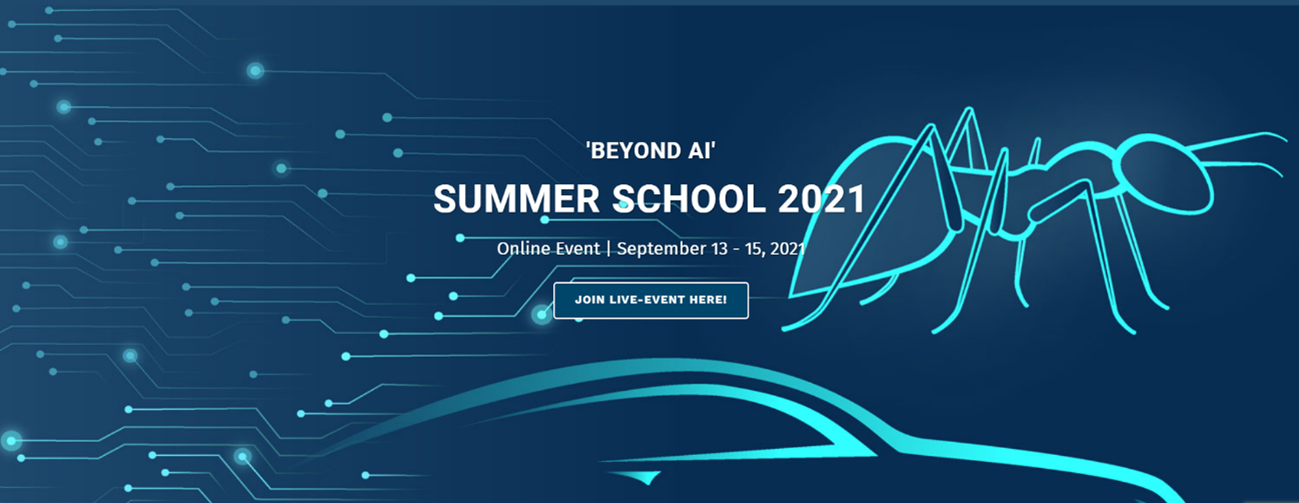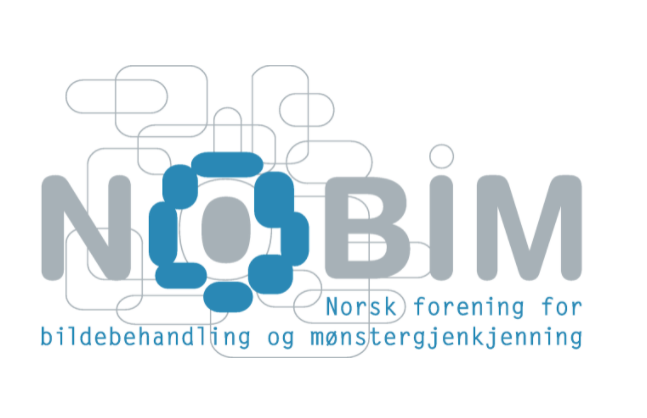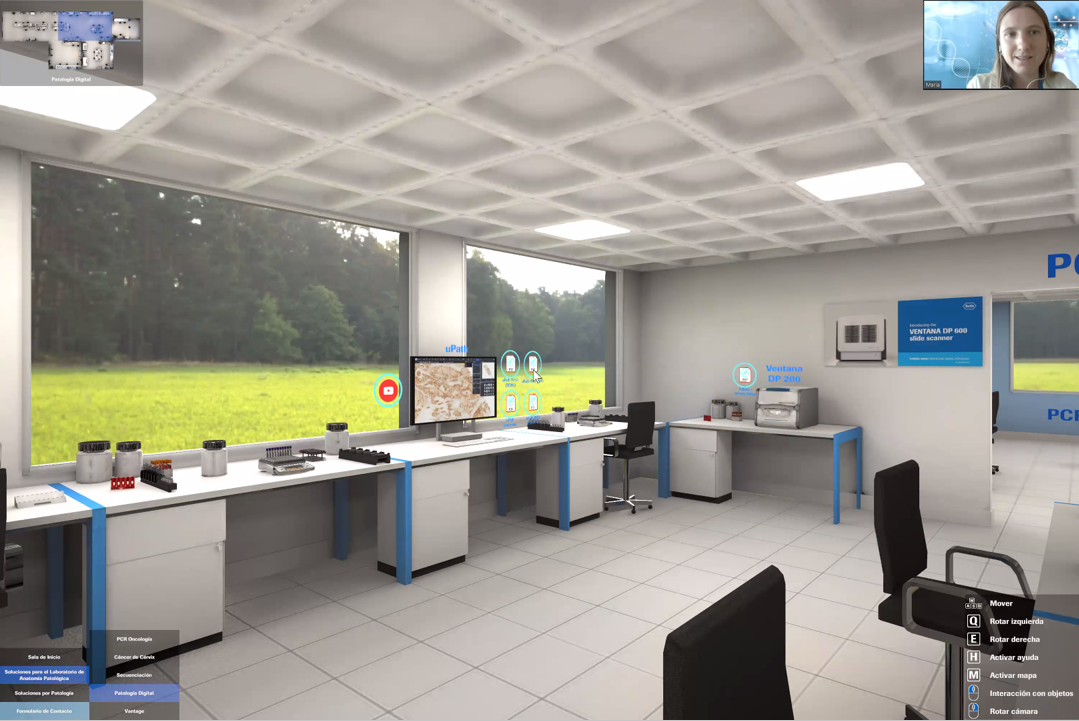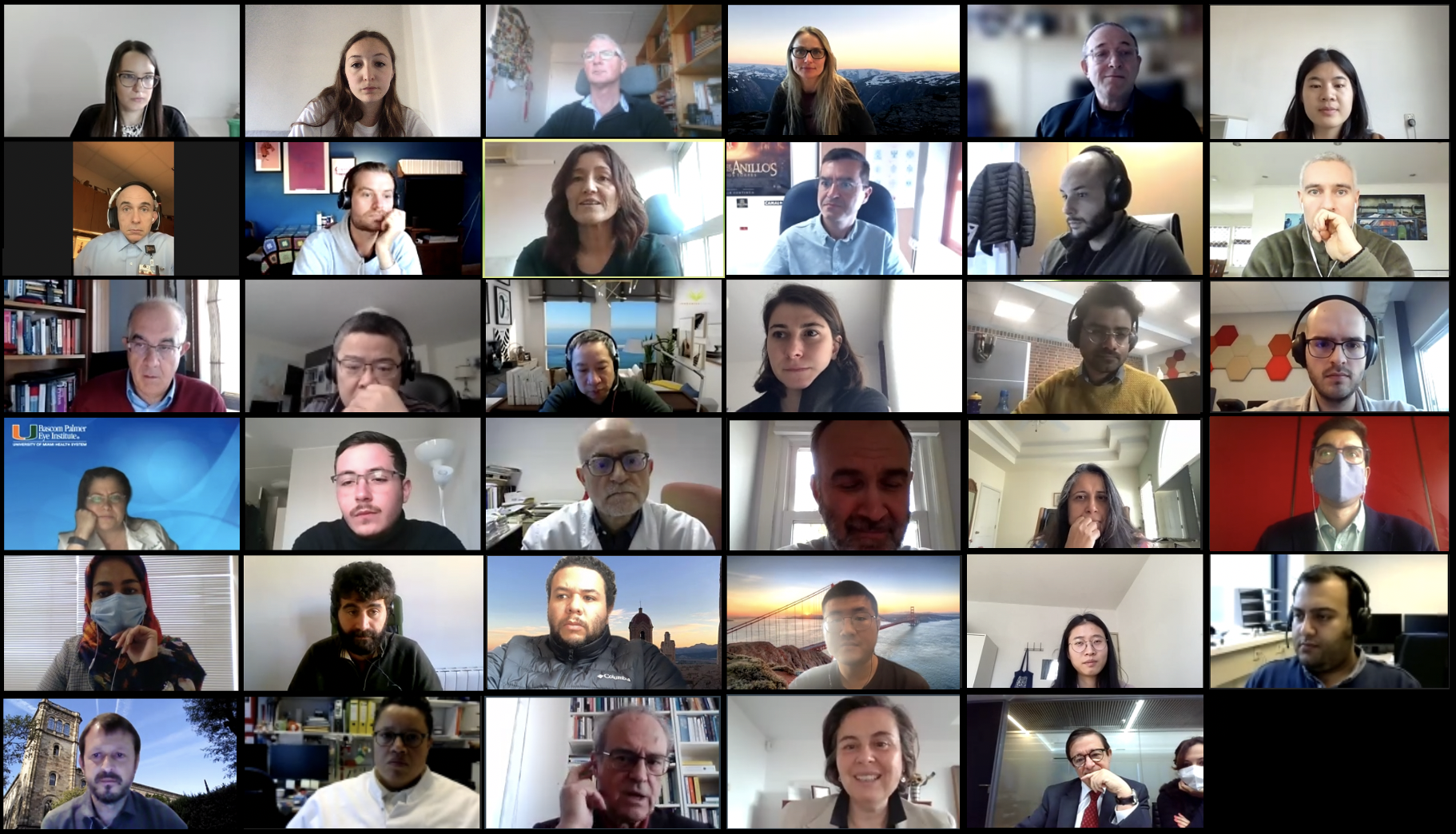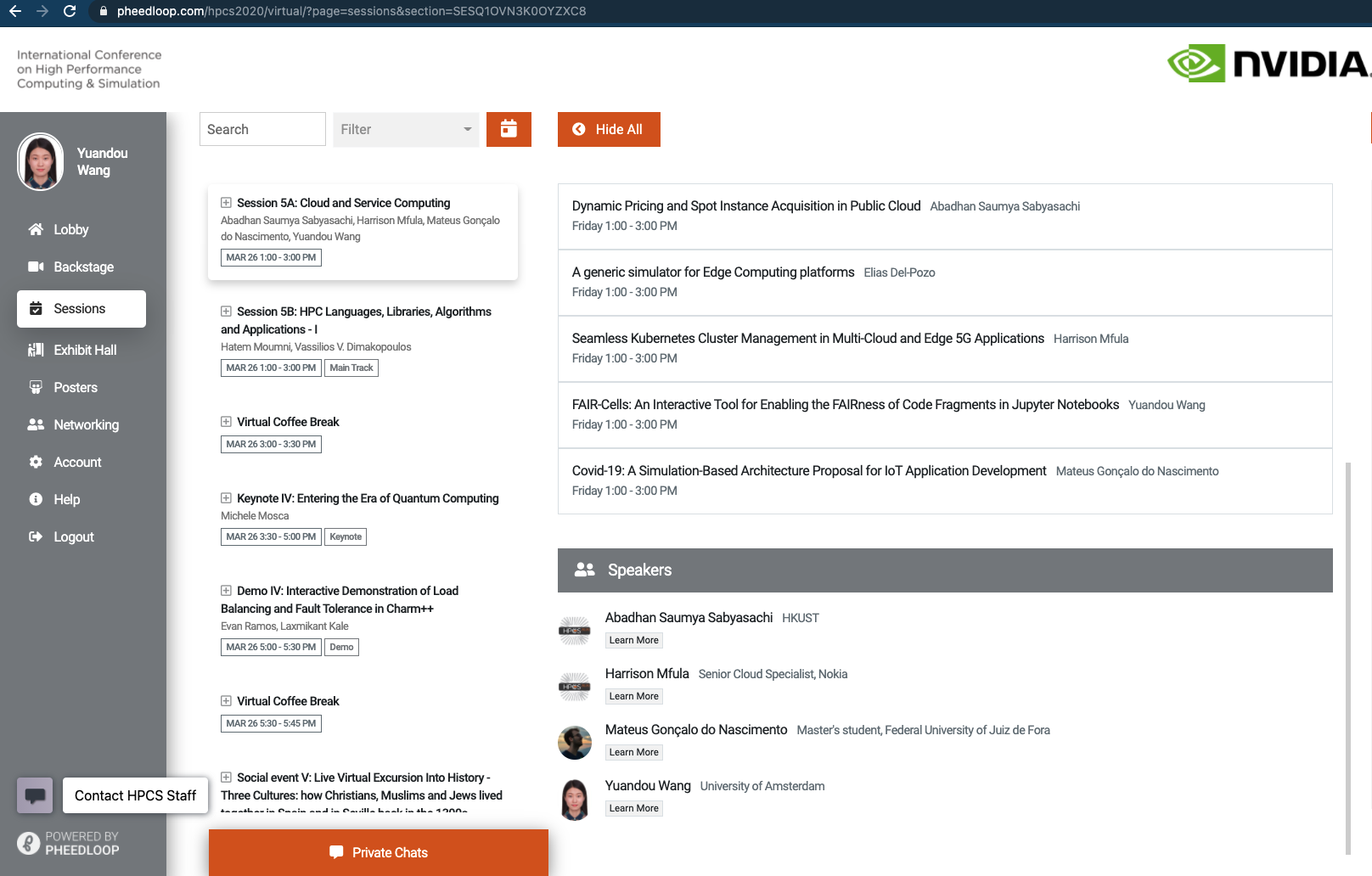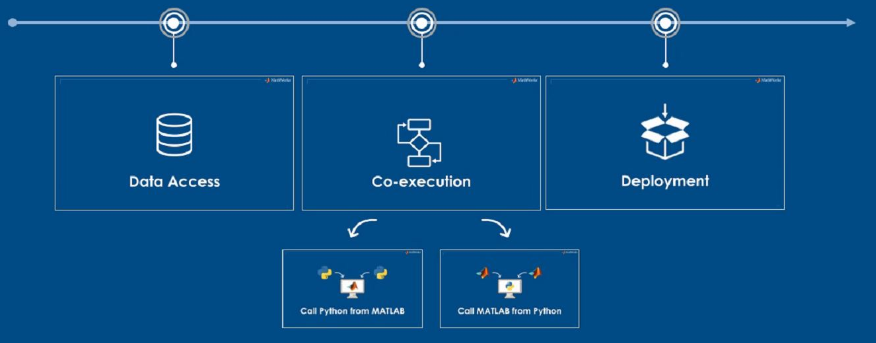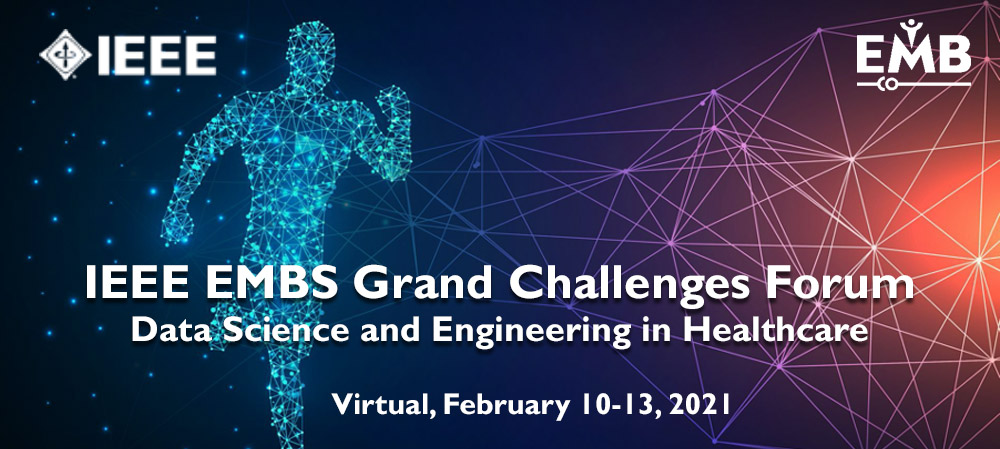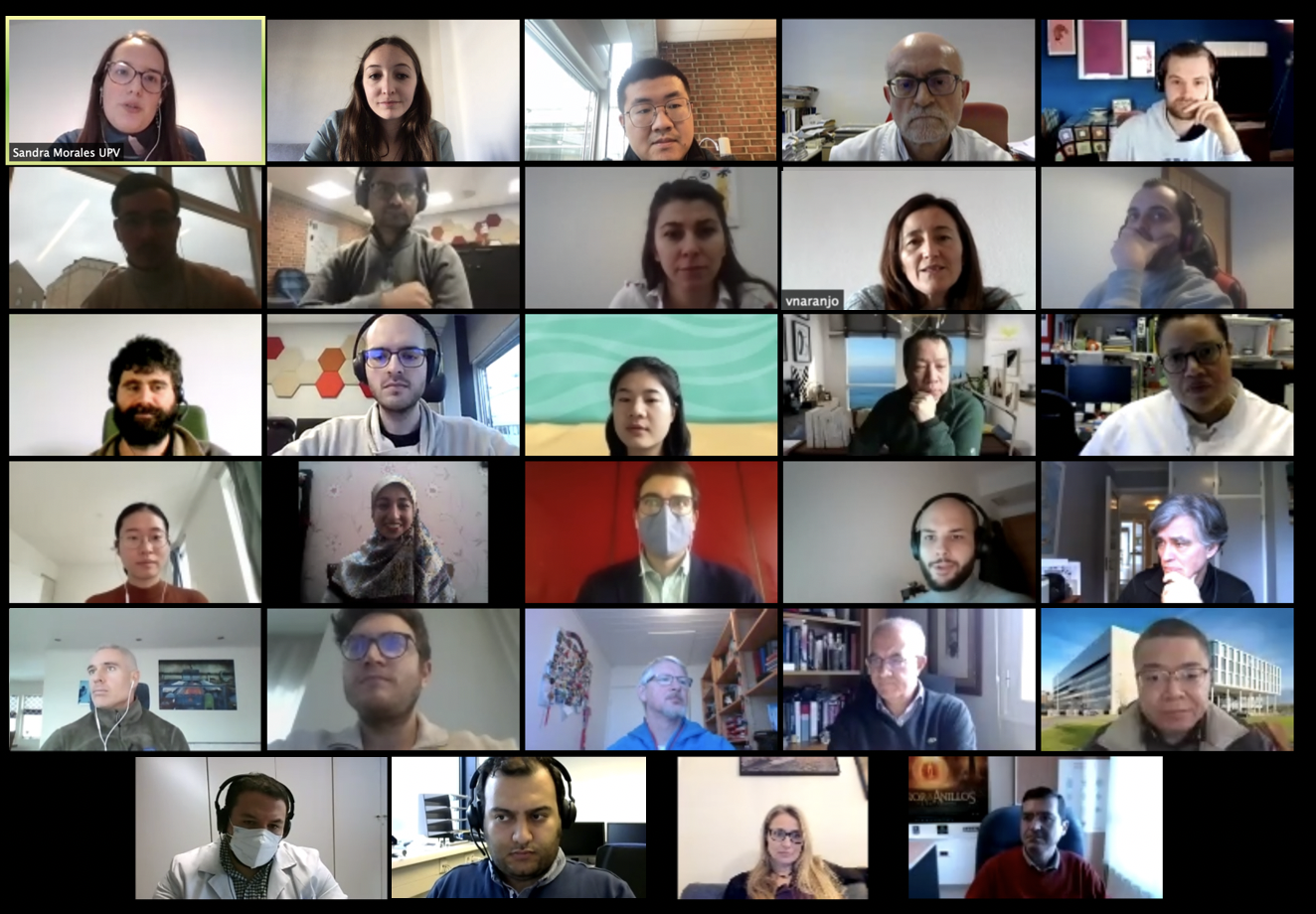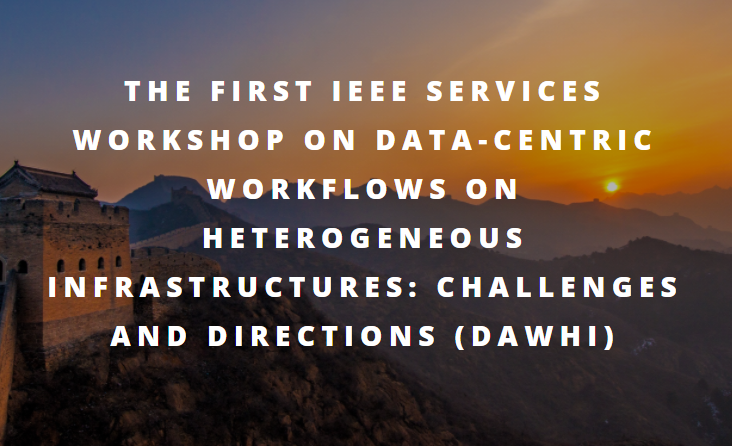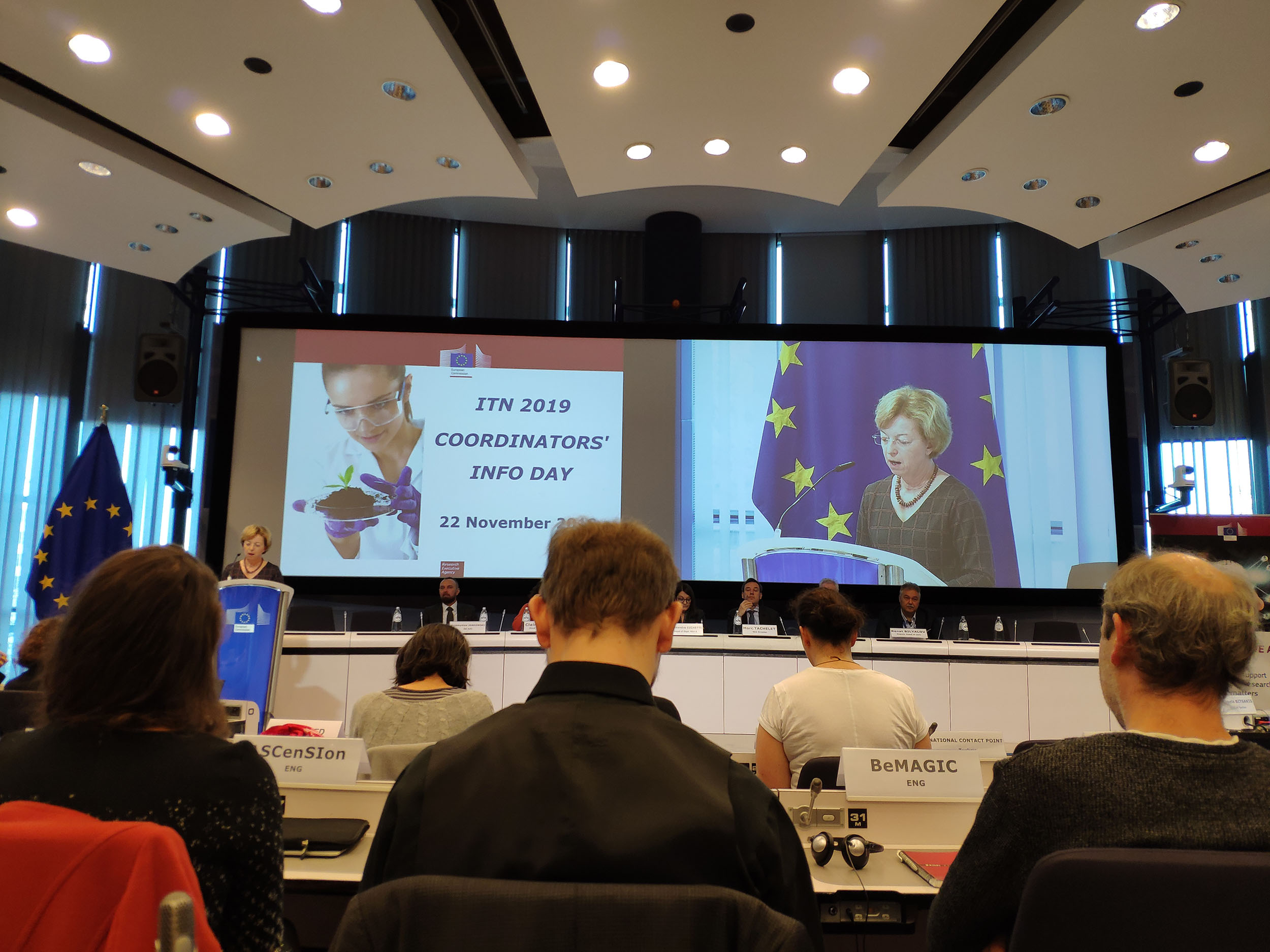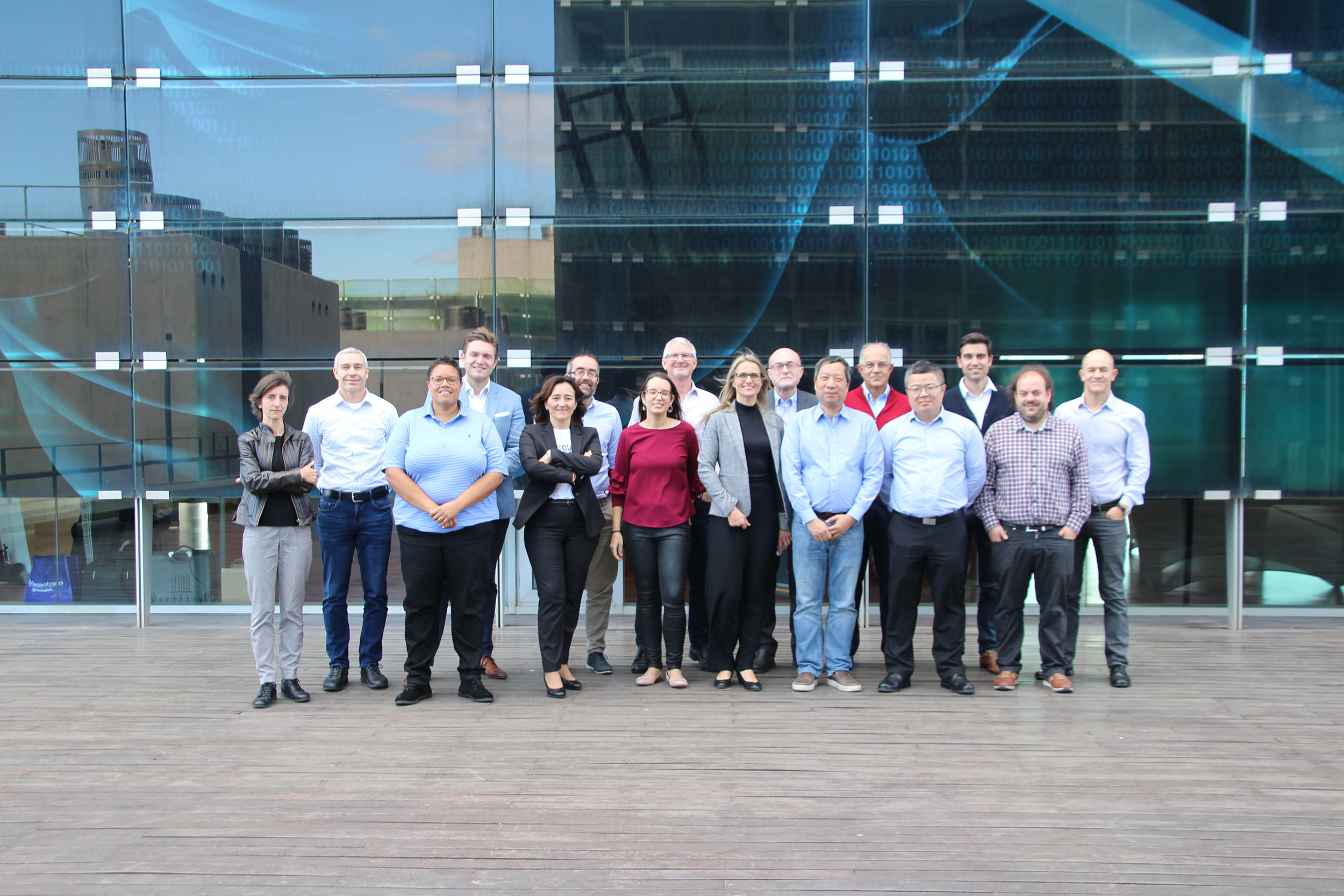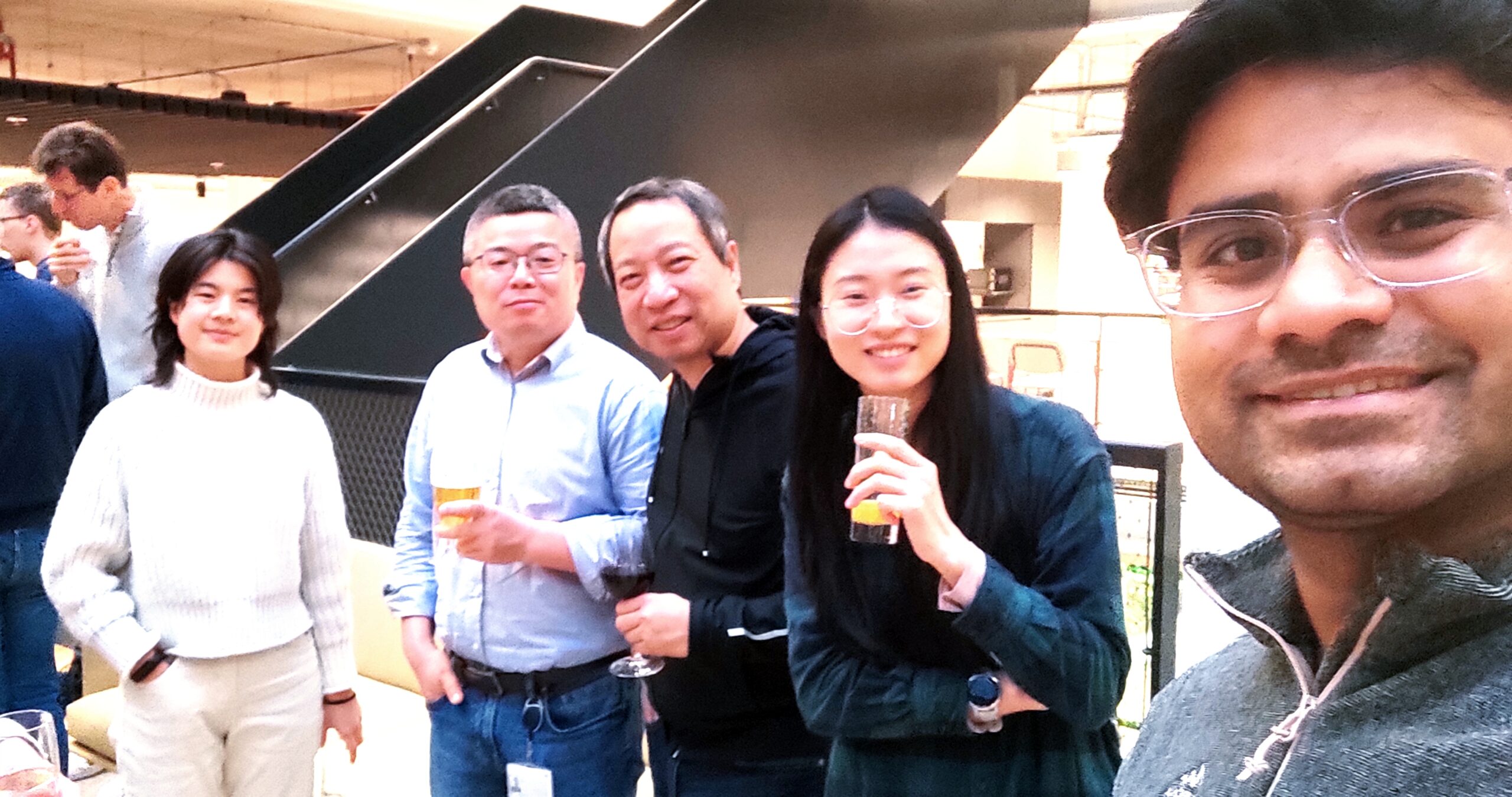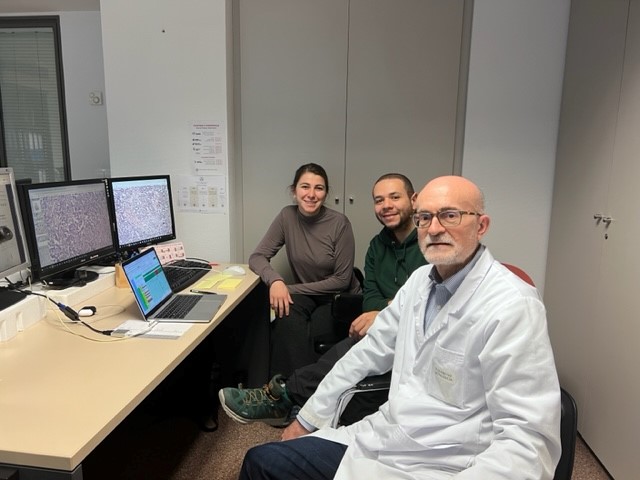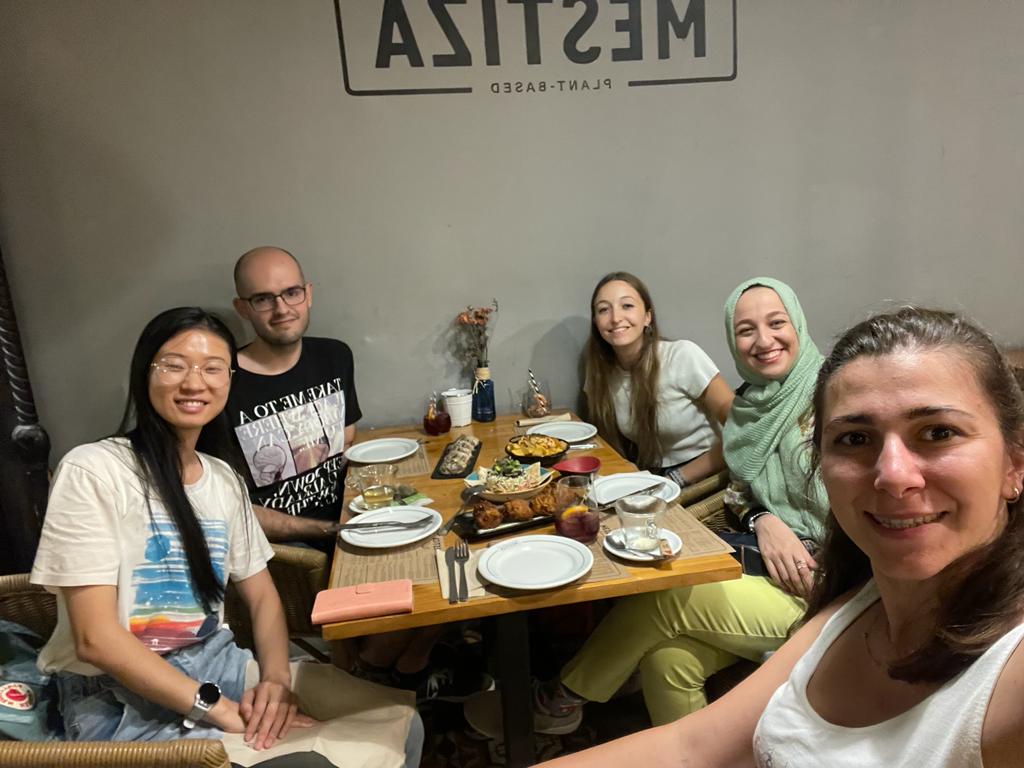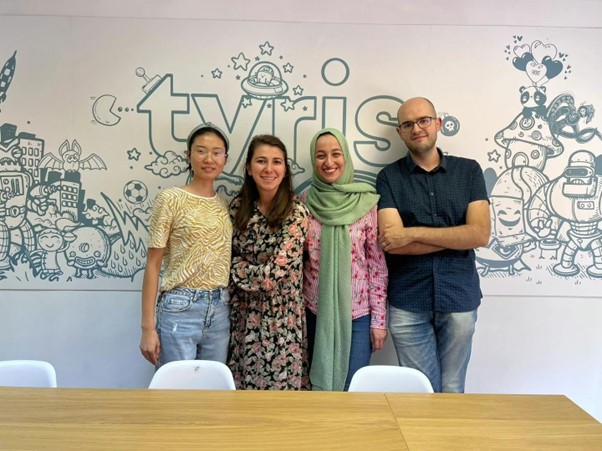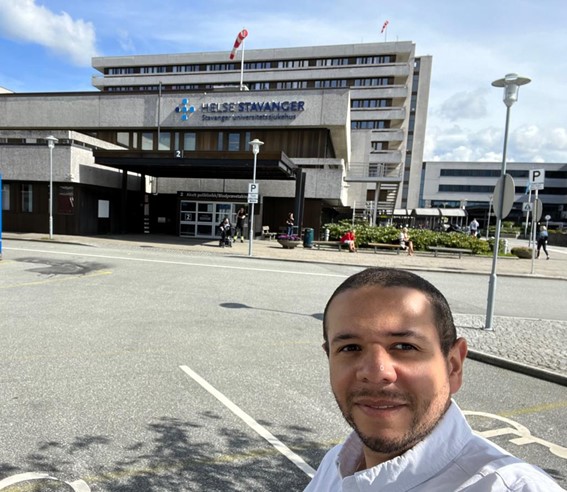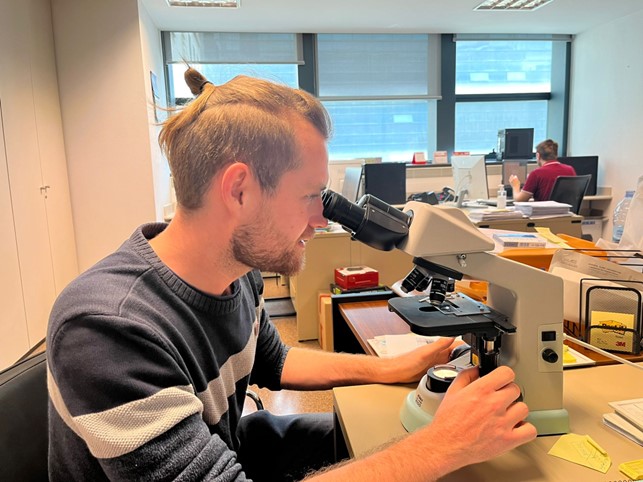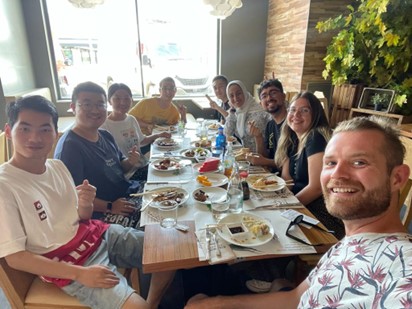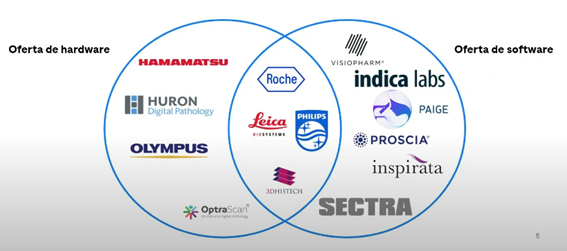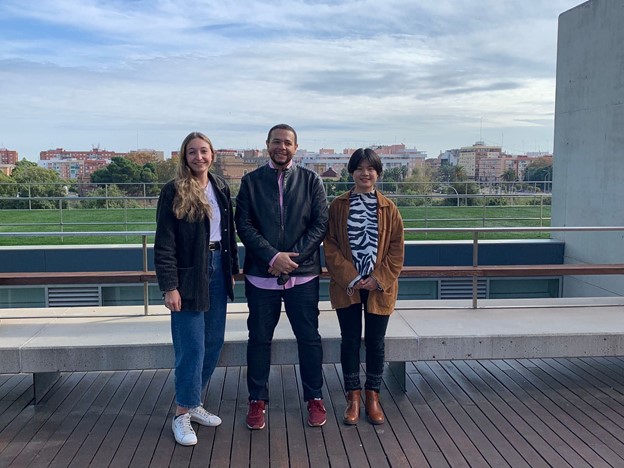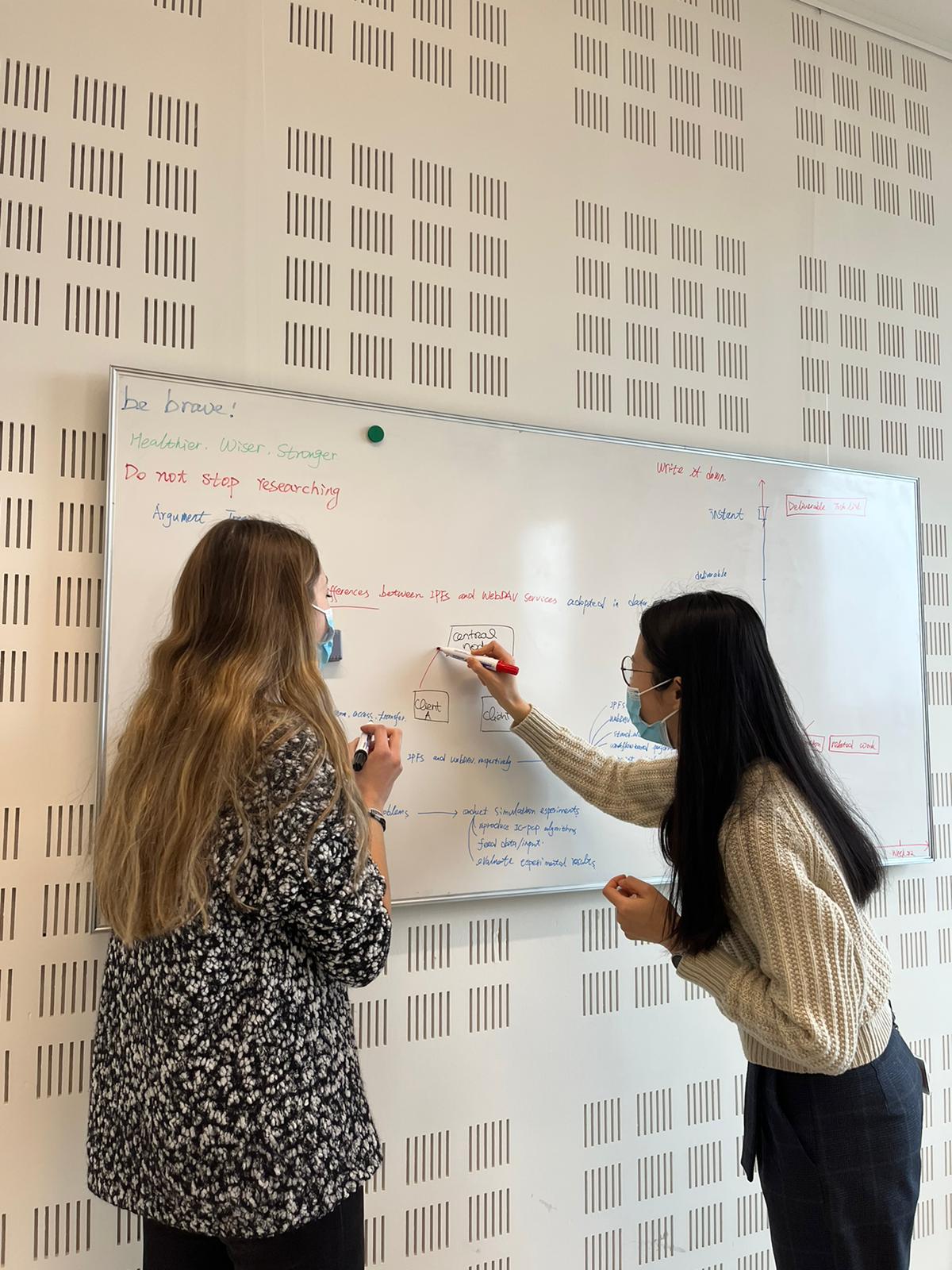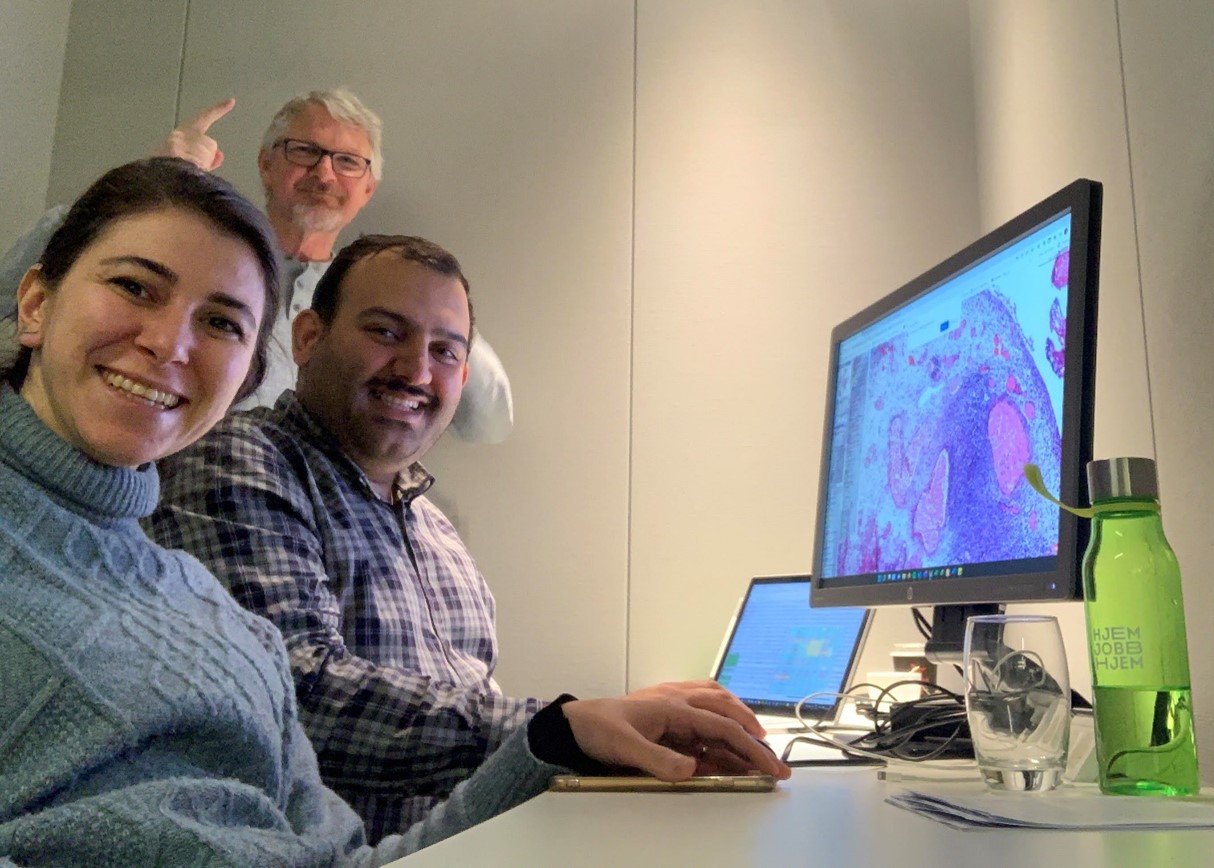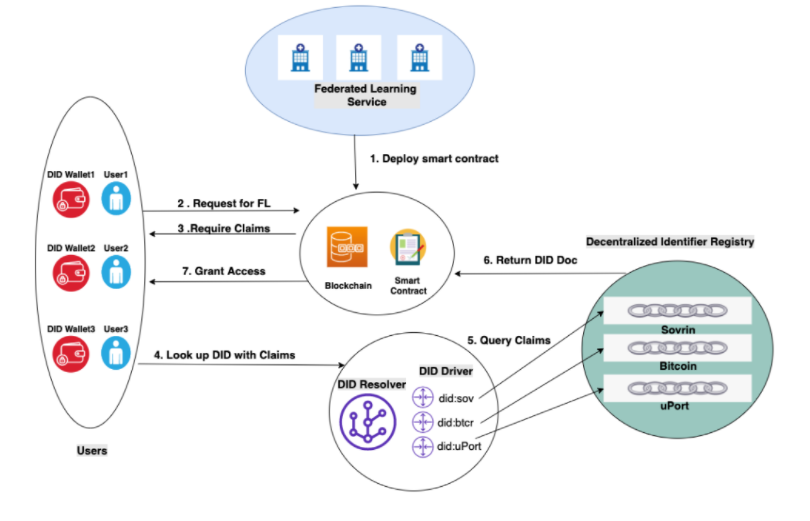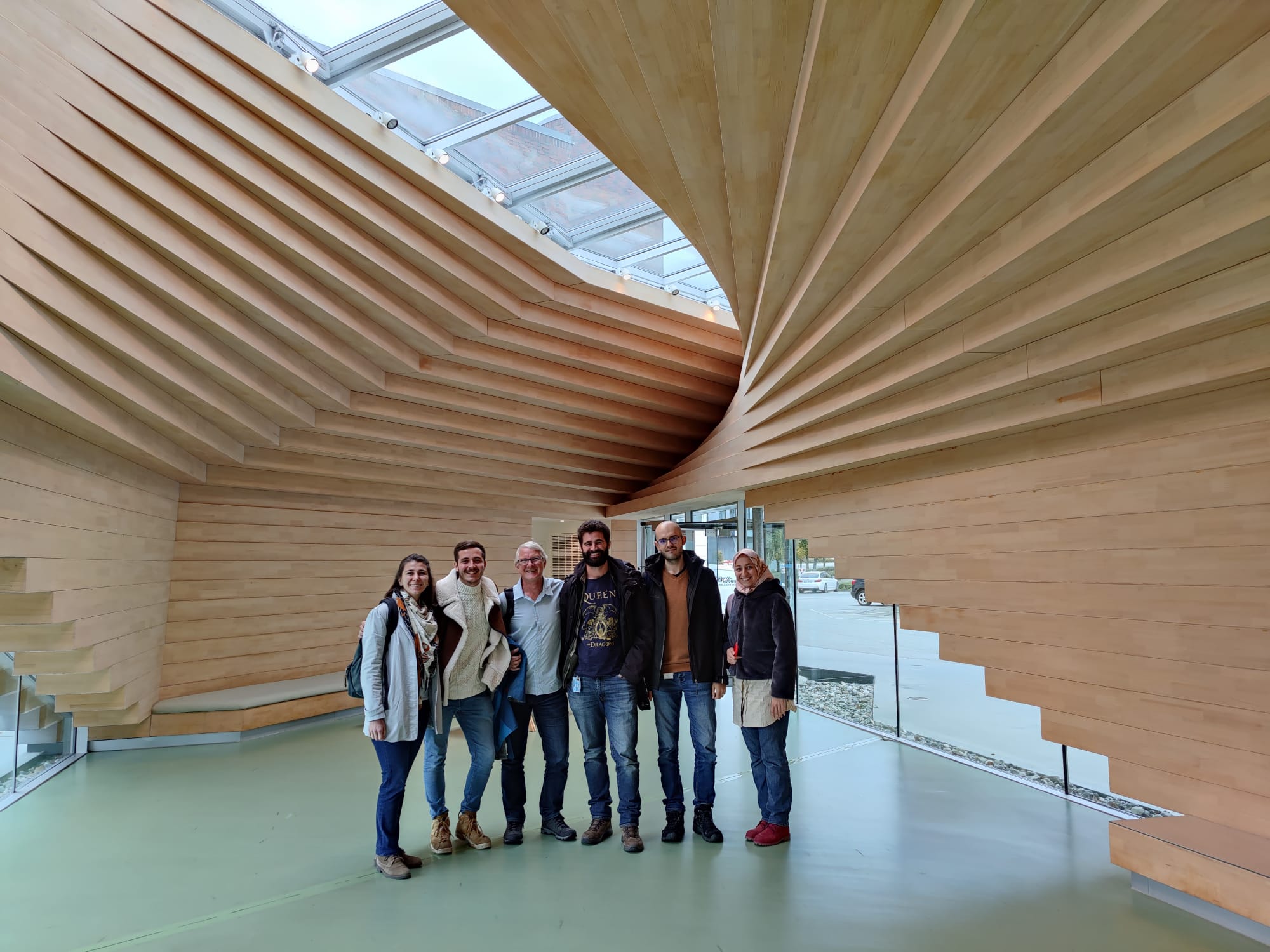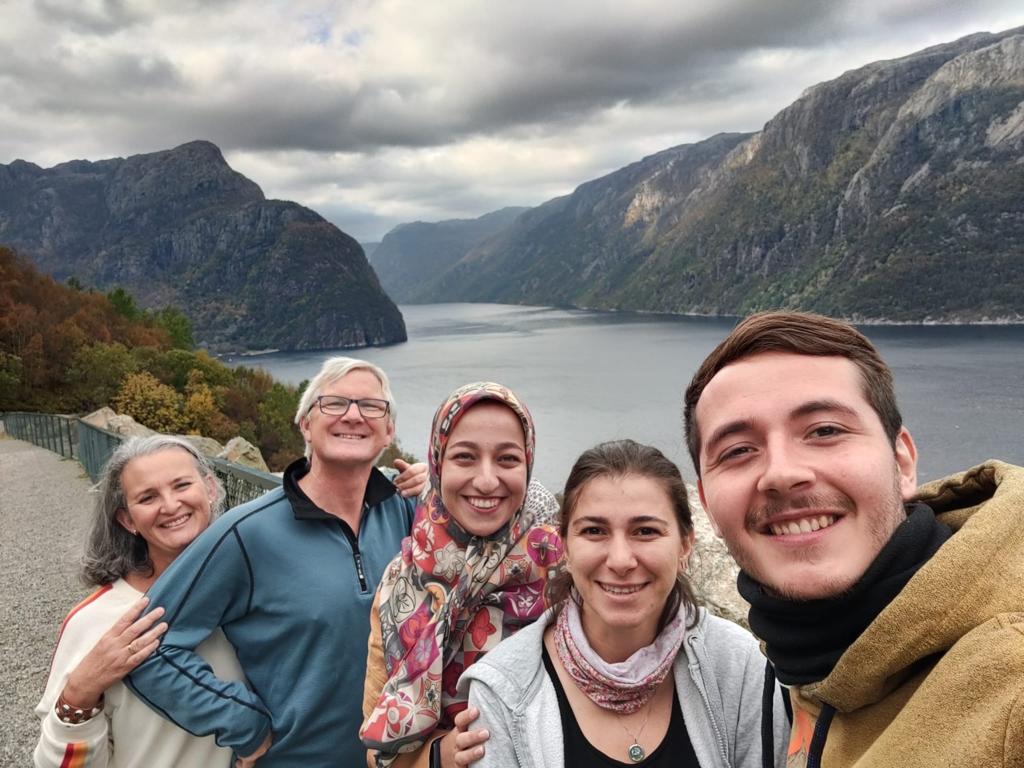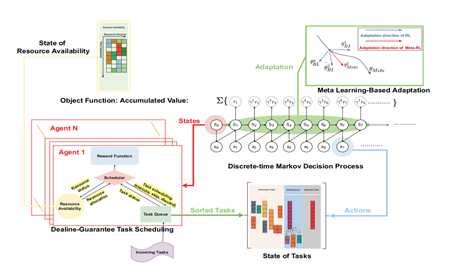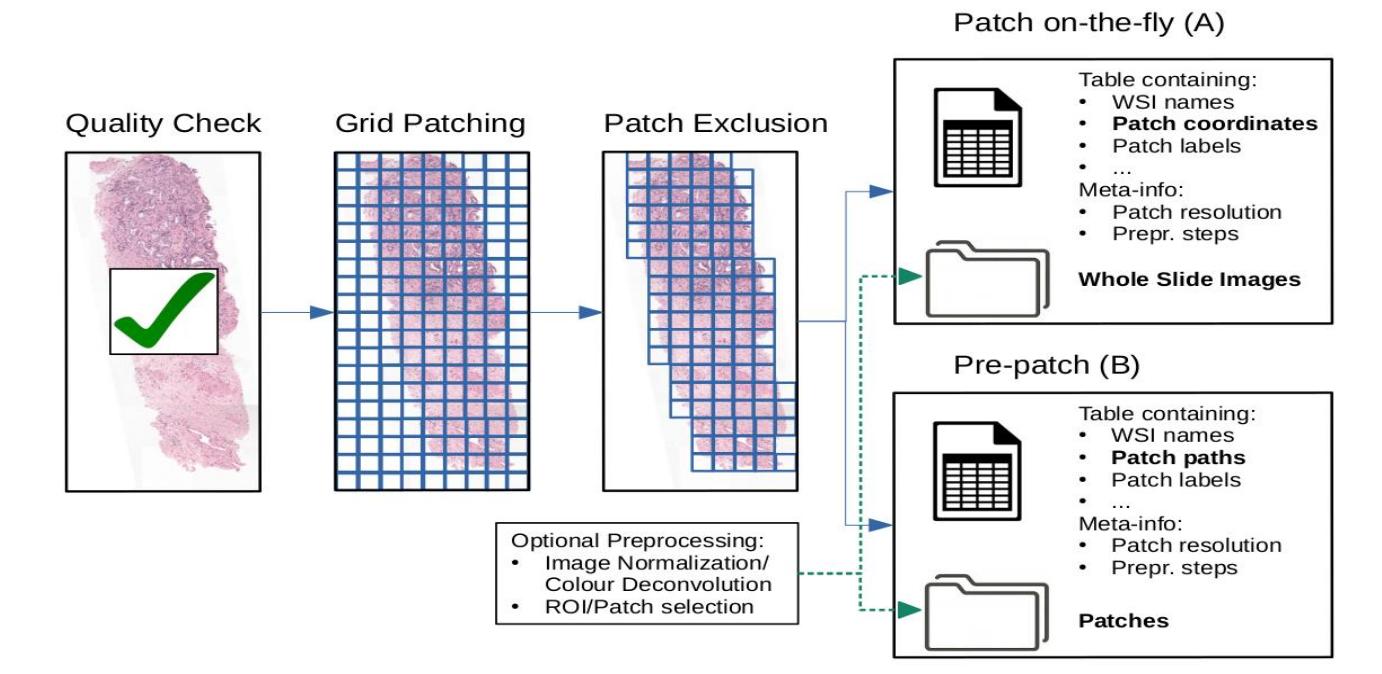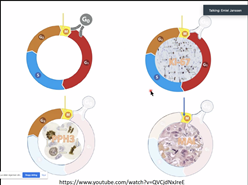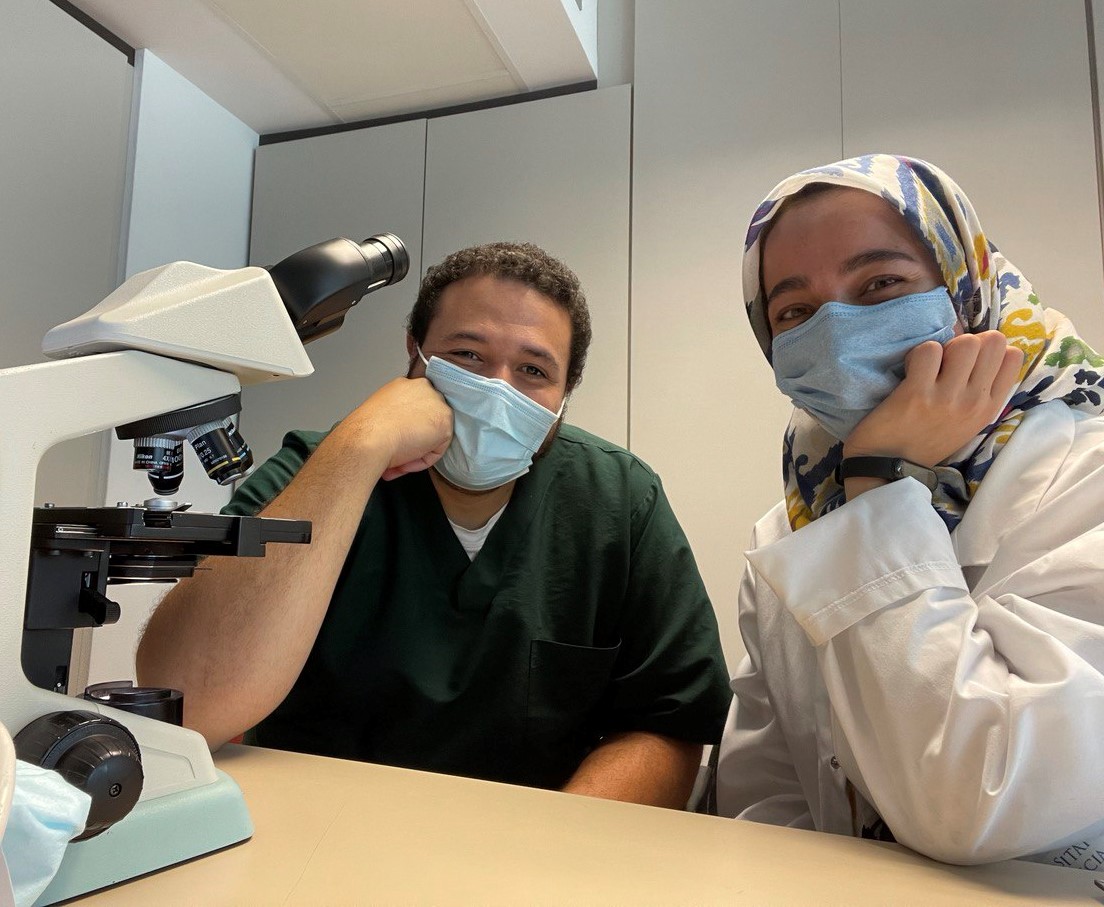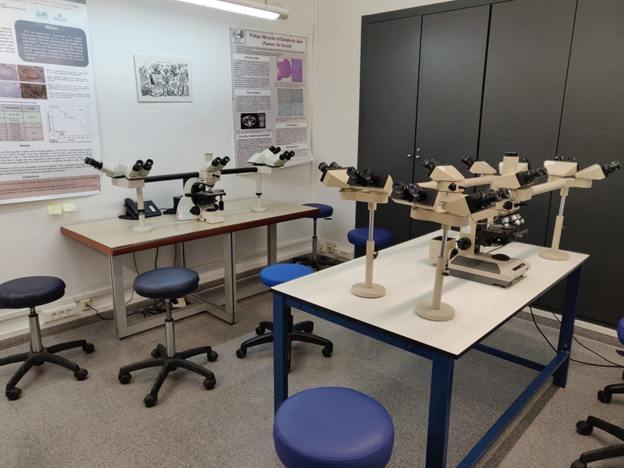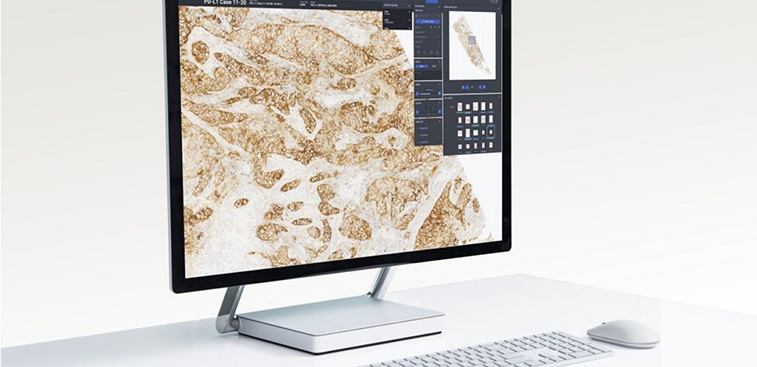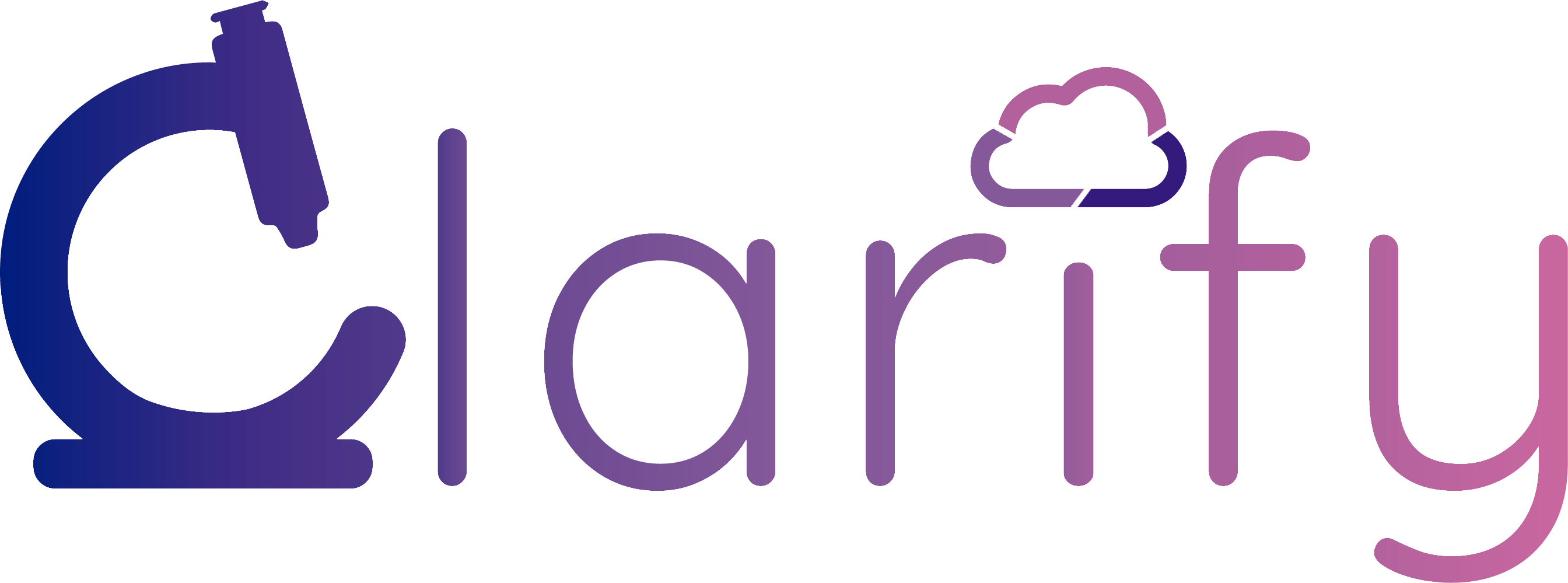
CLoud ARtificial Intelligence For pathologY
About project

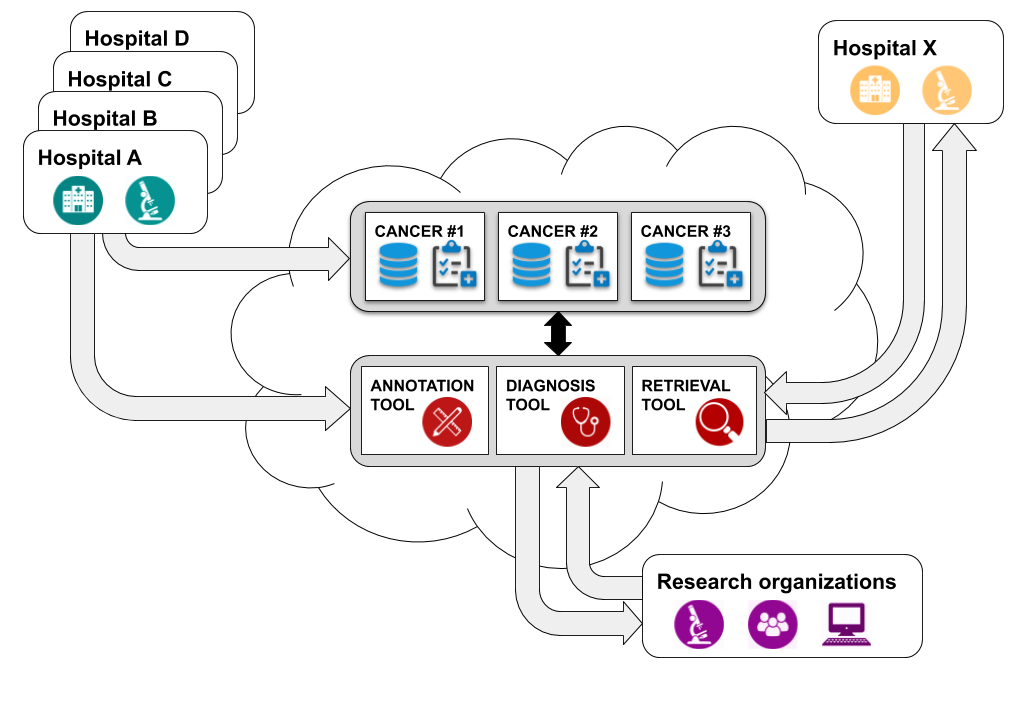
OVERVIEW
CLARIFY is an innovative, multinational, multi-sectorial, and multidisciplinary research and training programme that links two highly differentiated specialities: engineering and medicine, to produce 12 Early Stage Researchers (ESRs) in artificial intelligence (AI), cloud computing and clinical pathology with the focus on digital pathology.
CLARIFY’s main goal is to develop a robust automated digital diagnostic environment based on artificial intelligence and cloud-oriented data algorithms that facilitates whole-slide-image (WSI) interpretation and diagnosis everywhere with the aim of maximising the benefits of digital pathology and aiding pathologists in their daily work.
CLARIFY gathers relevant scientific staff from academia, industry and leading hospitals ensuring that CLARIFY’s ESRs, as well as, future PhD students following the same tracks, will have outstanding Career Opportunities within the digital pathology sector and beyond.
Specific and challenging cancer types have been selected to test the tools and methods developed through the project reflecting the existing variability in cancer diagnosis: Triple negative breast cancer (TNBC), High-risk non-muscle invasive bladder cancer (HR-NMIBC) and Spitzoid melanocytic lesions (SML).
Project ID
860627

H2020 -MSCA - ITN - 2019
Total Cost
€ 3 220 753,32
EU Contribution
%
Researchers
12 Early Stage Researchers
OBJECTIVES
SCIENTIFIC: The main scientific goal of CLARIFY is to create a research infrastructure based on digital image processing, artificial intelligence and cloud computing to enhance knowledge sharing and reach better-informed decisions in pathology. This ambitious goal breaks down as follows:
1
Advanced image processing techniques and artificial intelligence methods for automatic WSI interpretation with two purposes: diagnosis and image retrieval.
2
Novel cloud-oriented data infrastructure and algorithms: to securely store, retrieve and share a publicly available WSI database assuring data interoperability and portability
3
Innovative and user-friendly software: computer-aided diagnosis and content-based image retrieval tools based on artificial intelligence and cloud-computing algorithms to improve workflow efficiency, stimulate collaboration and increase diagnostic confidence at pathology labs no matter their location.
TRAINING: CLARIFY will provide a high-level personalised multidisciplinary training program. This will include enrolment in a PhD program (in two tracks: engineering and medicine) as well as further education in transferable skills (such as entrepreneurship, project management, ethical issues, IPR, open access). The long-term ambition is evolving scientific leadership – a foundation for ERC starting grants and/or industry leadership – Industry Fellow.
DISSEMINATION AND OUTREACH: Disseminate the digital pathology methods and tools developed by the ITN to a wide spectrum of stakeholders ranging from the scientific community to clinicians and industry; create awareness in the pathology field about the need of using new technologies to reduce their workload; to encourage pathology and computer engineer vocational careers among young students, with special emphasis on women.
News
Supervisory Board (SB) and ESR Supervisors (ES)
External Advisory Board
Researchers
Events
Secondments
Dissemination
Conference Papers
2020 IEEE Services: IEEE World Congress on Services (19-24 Oct-2020; Online)
Wang, Y., Zhao, Z., Decentralized workflow management on software defined infrastructure, 1st Workshop On Data-Centric Workflows On Heterogeneous Infrastructures: Challenges And Directions (DAWHI) in the context of IEEE Services Congress, 2020. http://doi.org/10.1109/SERVICES48979.2020.00059
HPCS 2020: International Conference on High Performance Computing & Simulation (22-27 March-2021; Online)
Kruijer W., Wang Y., Koulouzis S., Li N., Bianchi R., Zhao, Z.: FAIR-Cells: an interactive tool for enabling the FAIRness of code fragments in Jupyter notebooks, in the proceedings of international conference of High Performance Computing and Simulation (HPCS) (2020), Spain.
Yongli Mou, Jiahui Geng, Sascha Welten, Chunming Rong, Stefan Decker, and Oya Beyan, Optimized Federated Learning on Class-biased Distributed Data Sources. 4th Workshop on Parallel, Distributed and Federated Learning at ECML-PKDD 2021.
MICCAI 2021: International Conference on Medical Image Computingand Computer Assisted Intervention (27 Sep – 1 Oct 2021; Online)
Yunan Wu, Arne Schmidt, Enrique Hernández Sánchez, Rafael Molina, and Aggelos K. Katsaggelos, Combining Attention-based Multiple Instance Learning and Gaussian Processes for CT Hemorrhage Detection. 24th International Conference on Medical Image Computing and Computer Assisted Intervention (MICCAI 2021).
EUSIPCO 2021: 2021 29th European Signal Processing Conference (Dec- 2021)
Rocío Del Amor; Adrián Colomer; Carlos Monteagudo; María José Garzón; José Luis García-Giménez; Valery Naranjo, A Deep Embedded Framework for Spitzoid Neoplasm Classification Using DNA Methylation Data, in the 2021 29th European Signal Processing Conference (EUSIPCO2021)
FL-AAAI-22: International Workshop on Trustable, Verifiable and Auditable Federated Learning in Conjuction with AAAI 2022 (2 March- 2022; Online)
YJiahui Geng, Ynli Mou, Feifei Li, Qing Li, Oya Beyan, Stefan decker, Chunming Rong, Towards General Deep Leakage in Federated Learning, in the International Workshop on Trustable, Verifiable and Auditable Federated Learning in Conjunction with AAAI 2022 (FL-AAAI-22).
ACM-SAC-2022: 37th ACM/SIGAPP Symposium on Applied Computing (April 2022)
Neel Kanwal, Giuseppe Rizzo, Attention-based clinical note summarization , in the 37th ACM/SIGAPP Symposium on Applied Computing (ACM-SAC-2022).
hAIST 2022: Health-related Artificial Intelligence in Stavager (June 2022)
Neel Kanwal, Farbod Khoraminia, Tahlita Zuiverloon, Chunming Rong, and Kjersti Engan, Detection of Histopathological Artifacts in Whole Slide Images, in the Health-related Artificial Intelligence in Stavanger (hAIST-22).
IVMSP 2022: IEEE Image, Video, and Multidimensional Signal Processing Workshop (June 2022)
Neel Kanwal, Saul Fuster, Farbod Khoraminia, Tahlita C.M. Zuiverloon, Chunming Rong, Kjersti Engan, Quantifying the effect of color processing on blood and damaged tissue detection in Whole Slide Images. 14th Image, Video, and Multidimensional Signal Processing Workshop (IVMSP 2022)
IVMSP 2022: IEEE Image, Video, and Multidimensional Signal Processing Workshop (June 2022)
Saul Fuster, Farbod Khoraminia, Umay Kiraz, Neel Kanwal, Vebjørn Kvikstad, Trygve Eftestøl, Tahlita C.M. Zuiverloon, Emilius A. M. Janssen, Kjersti Engan, Invasive Cancerous Area Detection in Non-Muscle Invasive Bladder Cancer Whole Slide Images. 14th Image, Video, and Multidimensional Signal Processing Workshop (IVMSP 2022)
IVMSP 2022: IEEE Image, Video, and Multidimensional Signal Processing Workshop (June 2022)
Rocío Del Amor, Francisco Javier Curieses, Laëtitia Launet, Adrián Colomer, Anaïs Moscardó, Andrés Mosquera-Zamudio, Carlos Monteagudo, Valery Naranjo, Multi-Resolution Framework For Spitzoid Neoplasm Classification Using Histological Data. 14th Image, Video, and Multidimensional Signal Processing Workshop (IVMSP 2022)
IVMSP 2022: IEEE Image, Video, and Multidimensional Signal Processing Workshop (June 2022)
Zahra Tabatabaei, Javier Oliver, Valery Naranjo, Kjersti Engan, Residual block Convolutional Auto Encoder in Content- Based Medical Image Retrieval . 14th Image, Video, and Multidimensional Signal Processing Workshop (IVMSP 2022)
eScience 2022: IEEE International Conference on e-Science (October 2022)
Na Li, Siamak Farshidi, Riccardo Bianchi, Spiros Koulouzis, Zhiming Zhao, Context-Aware Notebook Search in a Jupyter-Based Virtual Research Environment. 18th International Conference on e-Science (eScience 2022)
ICIP 2022: International Conference on Image Processing (October 2022)
Launet, L., Colomer, A., Mosquera-Zamudio, A., Moscardó, A., Monteagudo, C., & Naranjo, V., A Self-Training Weakly-Supervised Framework for PathologistLike Histopathological Image Analysis. 29th International Conference on Image Processing (ICIP 2022)
IDEAL 2022: 23rd International Conference on Intelligent Data Engineering and Automated (November 2022)
Laëtitia Launet, Rocío del Amor, Adrián Colomer, Andrés Mosquera-Zamudio, Anaïs Moscardó, Carlos Monteagudo, Zhiming Zhao, Valery Naranjo, Federating Unlabeled Samples: A Semi-supervised Collaborative Framework for Whole Slide Image Analysis. 23rd International Conference on Intelligent Data Engineering and Automated Learning (IDEAL2022)
IDEAL 2022: 23rd International Conference on Intelligent Data Engineering and Automated (November 2022)
Claudio Fernandez-Martín, Umay Kiraz, Julio Silva-Rodríguez, Sandra Morales, Emiel AM Janssen, Valery Naranjo, Challenging mitosis detection algorithms: Global labels allow centroid localization. 23rd International Conference on Intelligent Data Engineering and Automated Learning (IDEAL2022)
CloudCom2022: 2022 IEEE International Conference on Cloud Computing Technology and Science (December 2022)
Jiahui Geng; Ali Akbar Rehman; Yongli Mou; Stefan Decker; Chunming Rong, A Self-Training Weakly-Supervised Framework for PathologistLike Histopathological Image Analysis. 2022 IEEE International Conference on Cloud Computing Technology and Science (CloudCom2022)
CloudCom2022: 2022 IEEE International Conference on Cloud Computing Technology and Science (December 2022)
Hanif Tadjik; Jiahui Geng; Martin Gilje Jaatun; Chunming Rong, Blockchain Empowered and Self-sovereign Access Control System. 2022 IEEE International Conference on Cloud Computing Technology and Science (CloudCom2022)
CloudCom2022: 2022 IEEE International Conference on Cloud Computing Technology and Science (December 2022)
Asahi Cantu, Jiahui Geng, Chuming Rong, NFT as a proof of Digital Ownership-reward system integrated to a Secure Distributed computing Blockchain Framework. 2022 IEEE International Conference on Cloud Computing Technology and Science (CloudCom2022)
ICMLA: 21st IEEE International Conference on Machine Learning and Applications (December 2022)
Saul Fuster, Trygve Eftestøl, Kjersti Engan, Nested Multiple Instance Learning with Attention Mechanisms. 21st IEEE International Conference on Machine Learning and Applications (ICMLA)
ISBI-2023: 2023 IEEE 20th International Symposium on Biomedical Imaging (April 2023)
Christopher Andreassen, Saul Fuster, Helga Hardardottir, Emiel A.M. Janssen, Kjersti Engan, Deep Learning for Predicting Metastasis on Melanoma Wsis. 2023 IEEE 20th International Symposium on Biomedical Imaging (ISBI-2023)
WWW’23: 2023 IEEE 20th International Symposium on Biomedical Imaging (April 2023)
Na Li, Yangjun Zhang, and Zhiming Zhao, CNSVRE: A Query Reformulated Search System with Explainable Summarization for Virtual Research Environment. 2023 ACM Web Conference (WWW’23)
PAKDD2023: 27th Pacific-Asia Conference on Knowledge Discovery and Data Mining (May 2023)
Yongli Mou, Jiahui Geng, Feng Zhou and Oya Beyan, Chunming Rong, Stefan Decker, pFedV: Mitigating Feature Distribution Skewness via Personalized Federated Learning with Variational Distribution Constraints. 27th Pacific-Asia Conference on Knowledge Discovery and Data Mining (PAKDD2023)
PAKDD2023: 27th Pacific-Asia Conference on Knowledge Discovery and Data Mining (May 2023)
Neel Kanwal, Trygve Eftestøl, Farbod Khoraminia, Tahlita C. M. Zuiverloon & Kjersti Engan, Vision Transformers for Small Histological Datasets Learned Through Knowledge Distillation. 27th Pacific-Asia Conference on Knowledge Discovery and Data Mining (PAKDD2023)
COMPSAC: 2023 IEEE 47th Annual Computers, Software, and Applications Conference (June 2023)
Yuandou Wang, Nikita Janse, Riccardo Bianchi, Spiros Koulouzis, Zhiming Zhao, Towards a Service-based Adaptable Data Layer for Cloud Workflows. 2023 IEEE 47th Annual Computers, Software, and Applications Conference (COMPSAC)
ICDH: 2023 IEEE International Conference on Digital Health (June 2023)
Yuandou Wang, Neel Kanwal, Kjersti Engan, Chunming Rong, Zhiming Zhao, Towards a privacy-preserving distributed cloud service for preprocessing very large medical images. 2023 IEEE International Conference on Digital Health (ICDH)
IJCAI-2023: 32nd International Joint Conference on Artificial Intelligencev (August 2023)
Jiahui Geng, Zongxiong Chen, Yuandou Wang, Herbert Woisetschlaeger, Sonja Schimmler, Ruben Mayer, Zhiming Zhao, Chunming Rong, A Survey on Dataset Distillation: Approaches, Applications and Future Directions. 32nd International Joint Conference on Artificial Intelligence (IJCAI-2023)
EUSIPCO2023: 31st European Signal Processing Conference (September 2023)
Rocío del Amor; Julio Silva-Rodríguez; Adrián Colomer; Valery Naranjo, Attention to Detail: Inter-Resolution Knowledge Distillation. 31st European Signal Processing Conference (EUSIPCO2023)
EUSIPCO2023: 31st European Signal Processing Conference (September 2023)
Neel Kanwal, Roger Amundsen, Helga Hardardottir, Luca Tomasetti, Erling Sandøy Undersrud, Emiel A.M. Janssen, Kjersti Engan, Detection and localization of melanoma skin cancer in histopathological whole slide images. 31st European Signal Processing Conference (EUSIPCO2023)
EUSIPCO2023: 31st European Signal Processing Conference (September 2023)
Tabatabaei, Z., Colomer, A., Engan, K., Oliver, J., Naranjo, V., Self-supervised learning of a tailored Convolutional Auto Encoder for histopathological prostate grading. 31st European Signal Processing Conference (EUSIPCO2023)
EUSIPCO2023: 31st European Signal Processing Conference (September 2023)
Saul Fuster, Farbod Khoraminia, Trygve Eftestøl, Tahlita C.M. Zuiverloon, Kjersti Engan, Active Learning Based Domain Adaptation for Tissue Segmentation of Histopathological Images. 31st European Signal Processing Conference (EUSIPCO2023)
FAIEMA: 1st International Conference on Frontiers of AI, Ethics, and Multidisciplinary Applications (September 2023)
Neel Kanwal, Emiel A.M. Janssen, Kjersti Engan, Balancing Privacy and Progress in Artificial Intelligence: Anonymization in Histopathology for Biomedical Research and Education. 1st International Conference on Frontiers of AI, Ethics, and Multidisciplinary Applications (FAIEMA)
e-Science: 2023 IEEE 19th International Conference on e-Science (October 2023)
Na Li, Yangjun Zhang, and Zhiming Zhao, A Dense Retrieval System and Evaluation Dataset for Scientific Computational Notebooks. 2023 IEEE 19th International Conference on e-Science (e-Science)
e-Science: 2023 IEEE 19th International Conference on e-Science (October 2023)
Chronis Kontomaris, Yuandou Wang, Zhiming Zhao, CWL-FLOps: A Novel Method for Federated Learning Operations at Scale. 2023 IEEE 19th International Conference on e-Science (e-Science)
ICCV: 2023 IEEE/CVF International Conference on Computer Vision (October 2023)
Schmidt, P. Morales-Álvarez, and R. Molina, Probabilistic Modeling of Inter- and Intra-observer Variability in Medical Image Segmentation. 2023 IEEE/CVF International Conference on Computer Vision (ICCV)
NLDL 2024: Northern Lights Deep Learning Conference 2024 (January 2023)
Marie Bø-Sande, Edvin Benjaminsen, Neel Kanwal, Saul Fuster, Helga Hardardottir, Ingrid Lundal, Emiel A.M. Janssen, Kjersti Engan, A Dual Convolutional Neural Network Pipeline for Melanoma Diagnostics and Prognostics. Northern Lights Deep Learning Conference 2024 (NLDL 2024)
Journal Papers
Rocío del Amor, Adrián Colomer, Carlos Monteagudo, Valery Naranjo, A deep embedded refined clustering approach for breast cancer distinction based on DNA methylation, Neural Computing and Applications, 2021.
Sandra Morales, Kjersti Engan, Valery Naranjo, Artificial intelligence in computational pathology – challenges and future directions, Digital Signal Processing, 2021, 103196, ISSN 1051-2004..
Rocío del Amor, Laëtitia Launet, Adrián Colomer, Anaïs Moscardó, Andrés Mosquera-Zamudio, Carlos Monteagudo, Valery Naranjo, An attention-based weakly supervised framework for spitzoid melanocytic lesion diagnosis in whole slide images, Artificial intelligence in medicine, 2021.
Gabriel García, Anna Esteve, Adrián Colomer, David Ramos, Valery Naranjo, A novel self-learning framework for bladder cancer grading using histopathological images, Computers in Biology and Medicine, 2021.
Arne Schmidt, Julio Silva-Rodríguez, Rafael Molina and Valery Naranjo, Efficient Cancer Classification by Coupling Semi Supervised and Multiple Instance Learning, IEEE Access, 2022.
Yuandou Wang, Spiros Koulouzis, Riccardo Bianchi, Na Li, Yifang Shi, Joris Timmermans, W. Daniel Kissling, Zhiming Zhao, Scaling Notebooks as Re-configurable Cloud Workflows, Data Intelligence, 2022.
Chunming Rong, Jiahui Geng, Thomas J. Hacker, Haakon Bryhni, Martin G. Jaatun, OpenIaC: open infrastructure as code – the network is my computer, Journal of Cloud Computing, 2022.
Zhiming Zhao, Spiros Koulouzis, Riccardo Bianchi, Siamak Farshidi, Zeshun Shi, Ruyue Xin, Yuandou Wang, Na Li, Yifang Shi, Joris Timmermans, W. Daniel Kissling, Notebook-as-a-VRE (NaaVRE): From private notebooks to a collaborative cloud virtual research environment, Software – Practice and Experience, 2022.
Neel Kanwal, Fernando Pérez-Bueno, Arne Schmidt, Kjersti Engan and Rafael Molina, The Devil is in the Details: Whole Slide Image Acquisition and Processing for Artifacts Detection, Color Variation, and Data Augmentation: A Review, IEEE Access, 2022.
López-Pérez, A. Schmidt, Y. Wu, R. Molina, and A.K. Katsaggelos, Deep Gaussian Processes for Multiple Instance Learning: Application to CT Intracranial Hemorrhage Detection, Computer Methods and Programs in Biomedicine, 2022.
Silva-Rodríguez, A. Schmidt, M. A. Sales, R. Molina, and V. Naranjo, Proportion constrained weakly supervised histopathology image classification, Computer in Biology and Medicine, 2022.
Rocío del Amor, Pablo Meseguer, Tommaso Lorenzo Parigi, Valery Naranjo, et al., Constrained multiple instance learning for ulcerative colitis prediction using histological images, Computer Methods and Programs in Biomedicine, 2022.
Andrés Mosquera-Zamudio, Laëtitia Launet, Zahra Tabatabaei, Rafael Parra-Medina, Adrián Colomer, Javier Oliver Moll, Carlos Monteagudo, Emiel Janssen, Valery Naranjo, Deep Learning for Skin Melanocytic Tumors in Whole-Slide Images: A Systematic Review, MDPI, Cancers, 2022.
Laëtitia Launet, Yuandou Wang, Adrián Colomer, Jorge Igual, Cristian Pulgarín-Ospina, Spiros Koulouzis, Riccardo Bianchi, Andrés Mosquera-Zamudio, Carlos Monteagudo, Valery Naranjo, Zhiming Zhao, Federating Medical Deep Learning Models from Private Jupyter Notebooks to Distributed Institutions, Applied Sciences, 2023.
Schmidt, P. Morales-Álvarez, and R. Molina, Probabilistic Attention based on Gaussian Processes for Deep Multiple Instance Learning, IEEE Transactions on Neural Networks and Learning System, 2023.
Kaur J, Chandrashekar DS, Varga Z, Sobottka B, Janssen E, Gandhi K, Kowalski J, Kiraz U, Varambally S, Aneja R, Whole-Exome Sequencing Reveals High Mutational Concordance between Primary and Matched Recurrent Triple-Negative Breast Cancers, MDPI, Genes, 2023.
Jeppe Thagaard, Glenn Broeckx, David B Page, Umay Kiraz, Emiel Janssen et al., Pitfalls in machine learning-based assessment of tumor-infiltrating lymphocytes in breast cancer: A report of the International Immuno-Oncology Biomarker Working Group on Breast Cancer, The Journal of Pathology, 2023.
David B Page, Glenn Broeckx, Chowdhury Arif Jahangir, Umay Kiraz, Emiel Janssen et al., Spatial analyses of immune cell infiltration in cancer: current methods and future directions: A report of the International Immuno-Oncology Biomarker Working Group on Breast Cancer, The Journal of Pathology, 2023.
Zahra Tabatabaei, Yuandou Wang, Adrián Colomer, Javier Oliver Moll, Zhiming Zhao, Valery Naranjo., WWFedCBMIR: World-Wide Federated Content-Based Medical Image Retrieval, MDPI, Bioengineering, 2023.
Farbod Khoraminia, Saul Fuster, Neel Kanwal, Mitchell Olislagers, Kjersti Engan, Geert J. L. H. van Leenders, Andrew P. Stubbs, Farhan Akram, Tahlita C. M. Zuiverloon, Artificial Intelligence in Digital Pathology for Bladder Cancer: Hype or Hope? A Systematic Review, MDPI, Cancers, 2023.
Andres Mosquera-Zamudio, Laetitia Launet, Rocío del Amor, Anaïs Moscardó, Valery Naranjo, and Carlos Monteagudo, A Spitzoid Tumor dataset with clinical metadata and Whole Slide Images for Deep Learning models, Scientific Data, 2023.
Tabatabaei, Z., Colomer, A., Moll, JO, & Naranjo, V., Towards More Transparent and Accurate Cancer Diagnosis with an Unsupervised CAE Approach, IEEE Access, 2023.
Tabatabaei, Z., Pérez-Bueno, F., Colomer, A., Moll, JO, Molina, R, & Naranjo, V. Advancing CBHIR Pre-processing: Comparative Analysis of the Effects of Color Normalization Techniques on Content-Based Histopathological Image Retrieval, MDPI, Applied science, 2024.
Chowdhury Arif Jahangir, David B Page, Glenn Broeckx, Claudia A Gonzalez, Umay Kiraz, Emiel Janssen et al., Image‐based multiplex immune profiling of cancer tissues: translational implications. A report of the International Immuno‐oncology Biomarker Working Group on Breast Cancer, The Journal of pathology, 2024.
Pablo Morales-Álvarez, Arne Schmidt, José Miguel Hernández-Lobato, Rafael Molina, Introducing instance label correlation in multiple instance learning. Application to cancer detection on histopathological images, Pattern Recognition, 2024.
Claudio Fernandez-Martín, Julio Silva-Rodriguez, Umay Kiraz, Sandra Morales, Emiel AM Janssen, Valery Naranjo, Uninformed Teacher-Student for hard-samples distillation in weakly supervised mitosis localization, Computerized Medical Imaging and Graphics, 2024.
Neel Kanwal, Miguel López-Pérez, Umay Kiraz, Tahlita C.M. Zuiverloon, Rafael Molina, Kjersti Engan, Are you sure it’s an artifact? Artifact detection and uncertainty quantification in histological images, Computerized Medical Imaging and Graphics, 2024.
Jose Pérez-Cano, Yunan Wu, Arne Schmidt, Miguel López-Pérez, Pablo Morales-Álvarez, Rafael Molina, Aggelos K. Katsaggelos, An end-to-end approach to combine attention feature extraction and Gaussian Process models for deep multiple instance learning in CT hemorrhage detection, Expert Systems with Applications, 2024.
Arne Schmidt, Pablo Morales-Álvarez, Lee AD Cooper, Lee A. Newberg, Andinet Enquobahrie, Rafael Molina, Aggelos K. Katsaggelos, Focused active learning for histopathological image classification, Medical Image Analysis, 2024.
Andrés Mosquera-Zamudio, Laëtitia Launet, Adrián Colomer, Katharina Wiedemeyer, Juan C López-Takegami, Luis F Palma, Erling Undersrud, Emilius Janssen, Thomas Brenn, Valery Naranjo, Carlos Monteagudo, Histological interpretation of spitzoid tumours: an extensive machine learning-based concordance analysis for improving decision making, Histopathology, 2024.
Newsletters
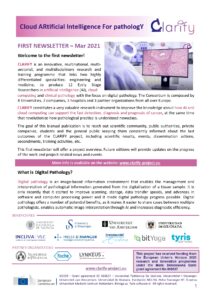 |
|
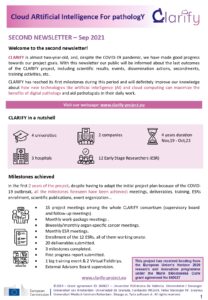 |
|
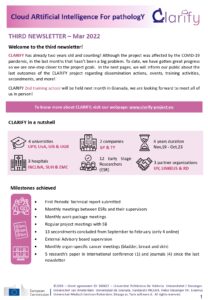 |
|
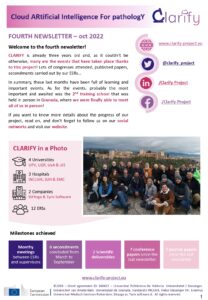 |
|
 |
|
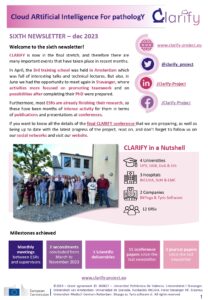 |
|
Deliverables
Deliverable D1.2: ESRs definition and advertisement
Definition of the different ESRs profiles and advertisements.
Deliverable D5.6: Report on network‐wide training events_v2
Report including the network training events carried out in the period.
Deliverable D2.1: Metadata standardization strategy and database
Collection of a substantial reference and anonymized data set of WSIs for a subset of cancer types and subsequent annotation with clinically relevant multidisciplinary information Description of metadata to be included as part of the reference dataset Description of metadata standardization strategy.
Deliverable D5.1: Report on network‐wide training events_v1
Report including the network training events carried out in the period.
Deliverable 6.4: CLARIFY repositories for open access
Definition of CLARIFYs open access policies and procedures to store and preserve CLARIFYs data in selected repositories.
Deliverable D1.3: Recruitment completion
List of the recruited ESRs.
Deliverable D3.1: WSI preprocessing and standardization protocol
Description of WSI preprocessing algorithms and standardization protocol to be used.
Press releases
 |
CLARIFY PROJECT INTRODUCTION (Jan-2021)
|
 |
ROLE OF INCLIVA IN CLARIFY PROJECT (May-2021)
|
 |
CLARIFY PROJECT UPDATES (Nov-2023)
|
 |
RECENT PROGRESS IN CLARIFY (Dec-2023)
|
 |
|
Reporting
Discover our blog: From Clarify to the world
This is the CLARIFY project blog where our researchers will share their motivations, aspirations and achievements
Contact us

VALERY NARANJO
Project Coordinator
Universitat Politècnica de València
Camino de Vera s/n,
46022 Valencia (España)
Ciudad Politécnica de la Innovación
Edificio 8B – Cubo Azul – Acceso N


